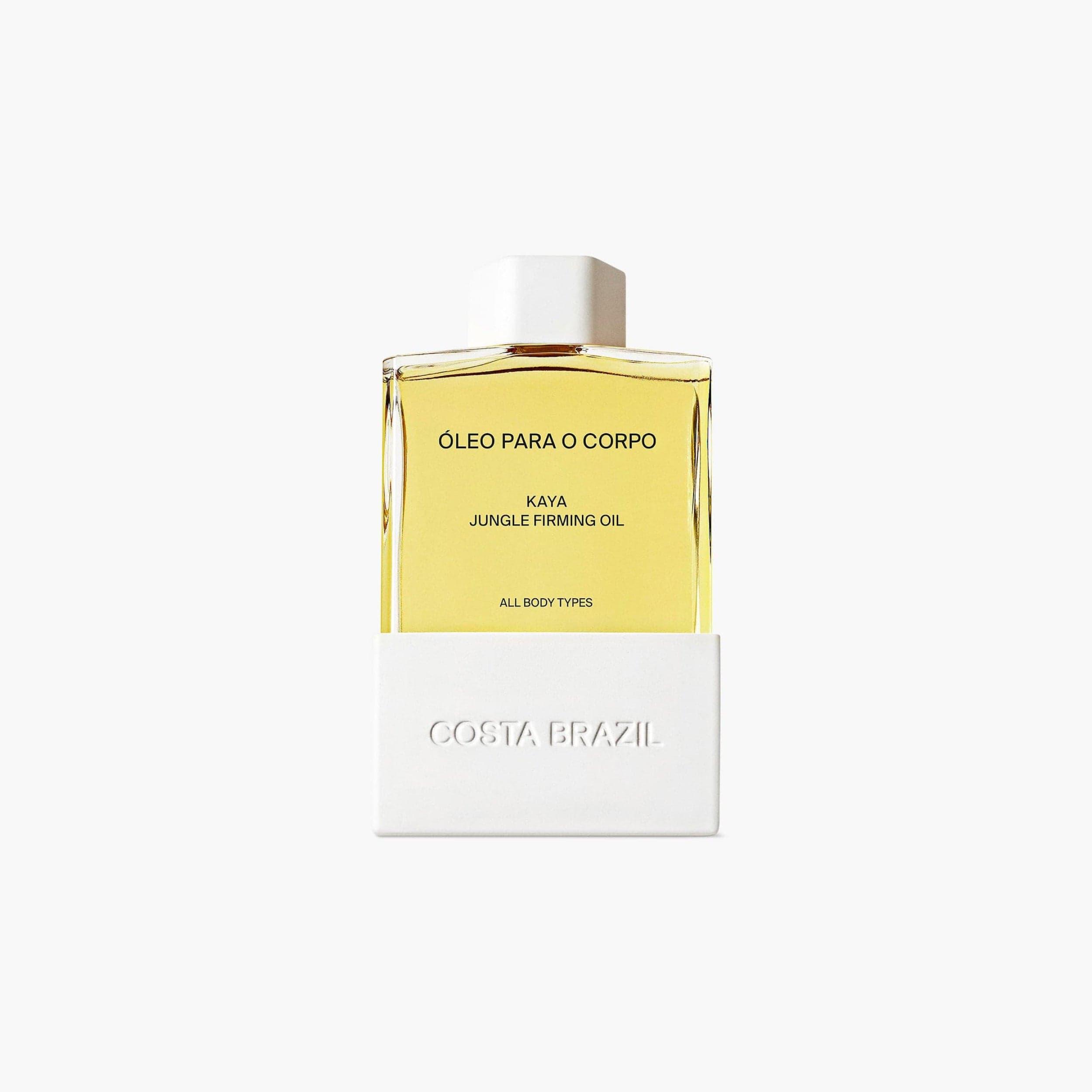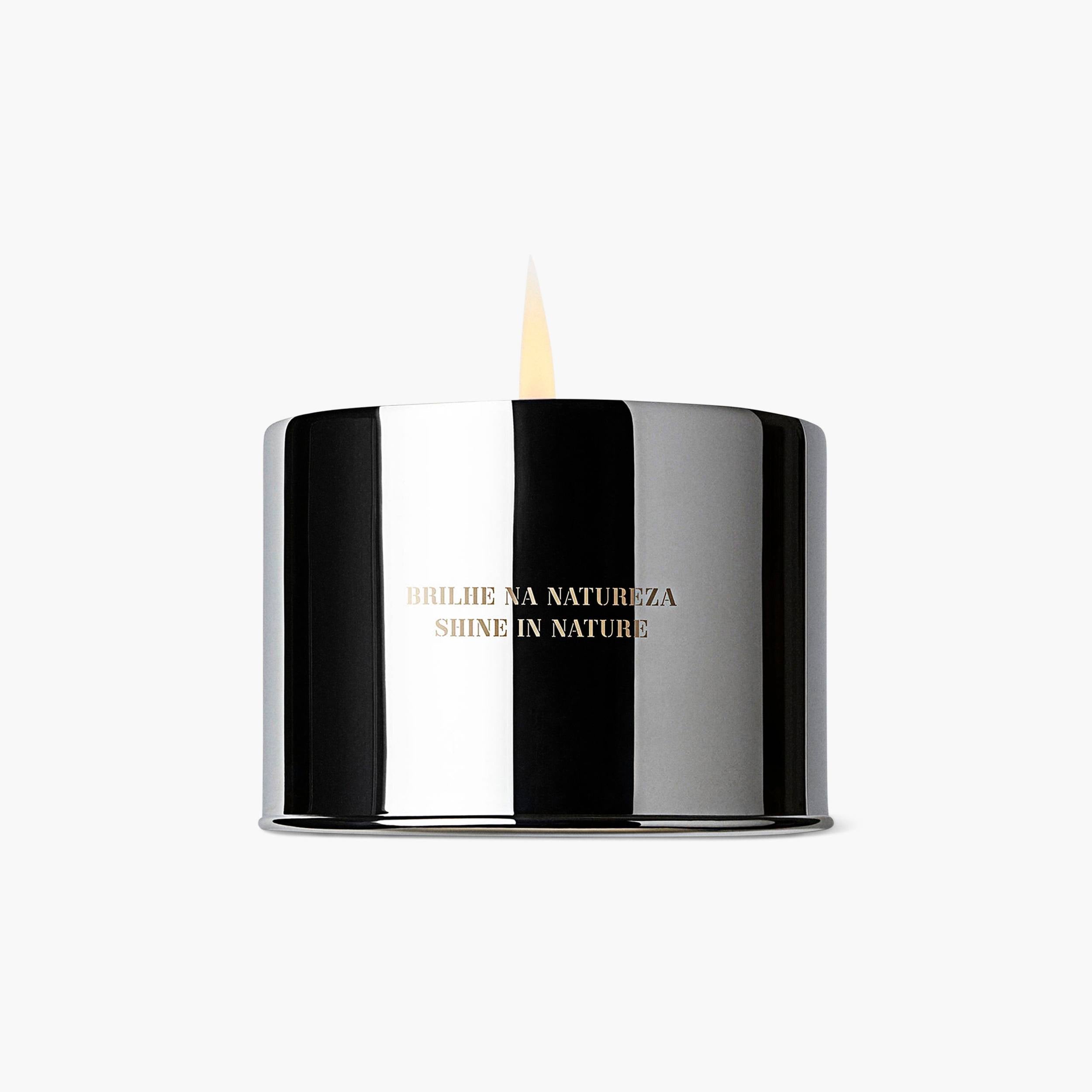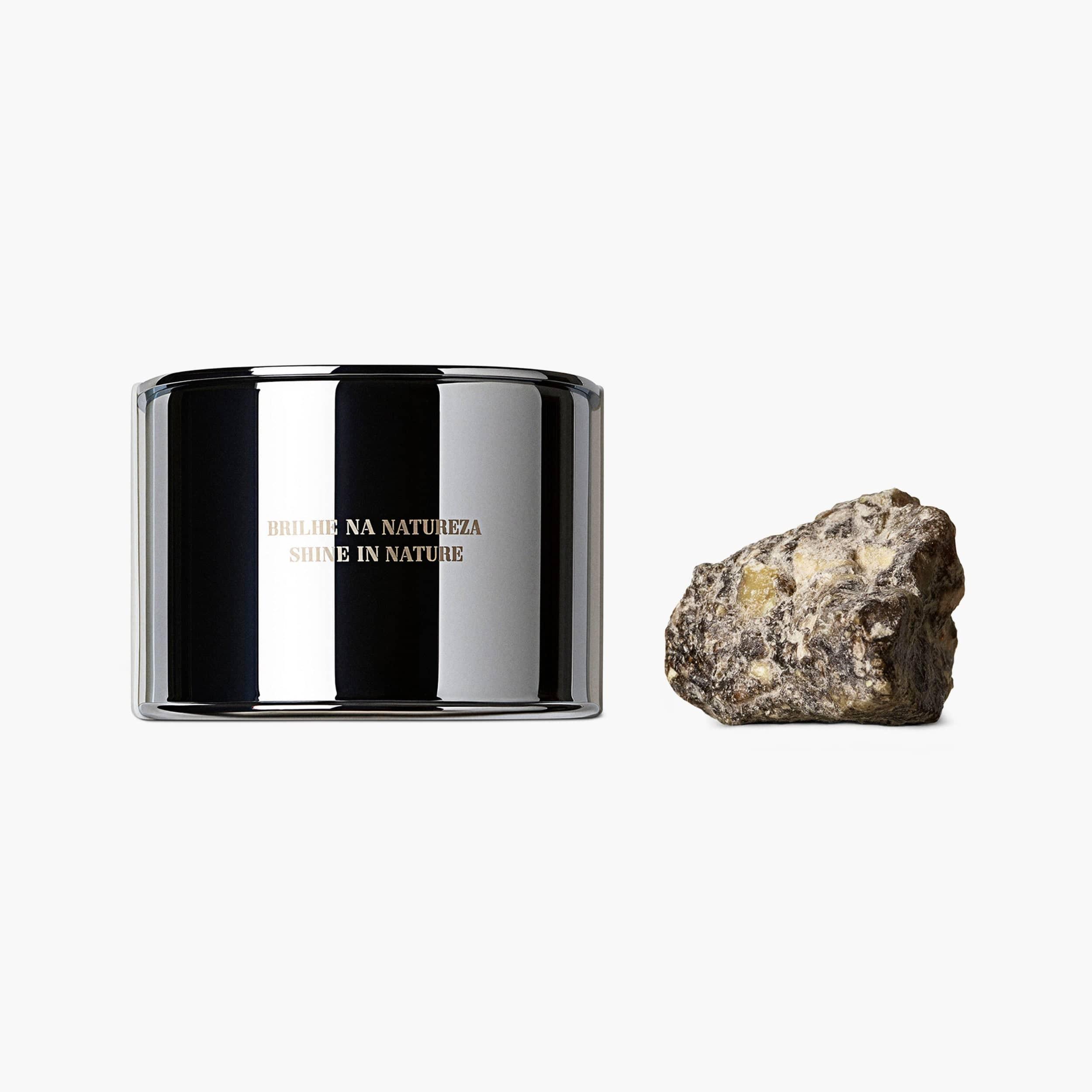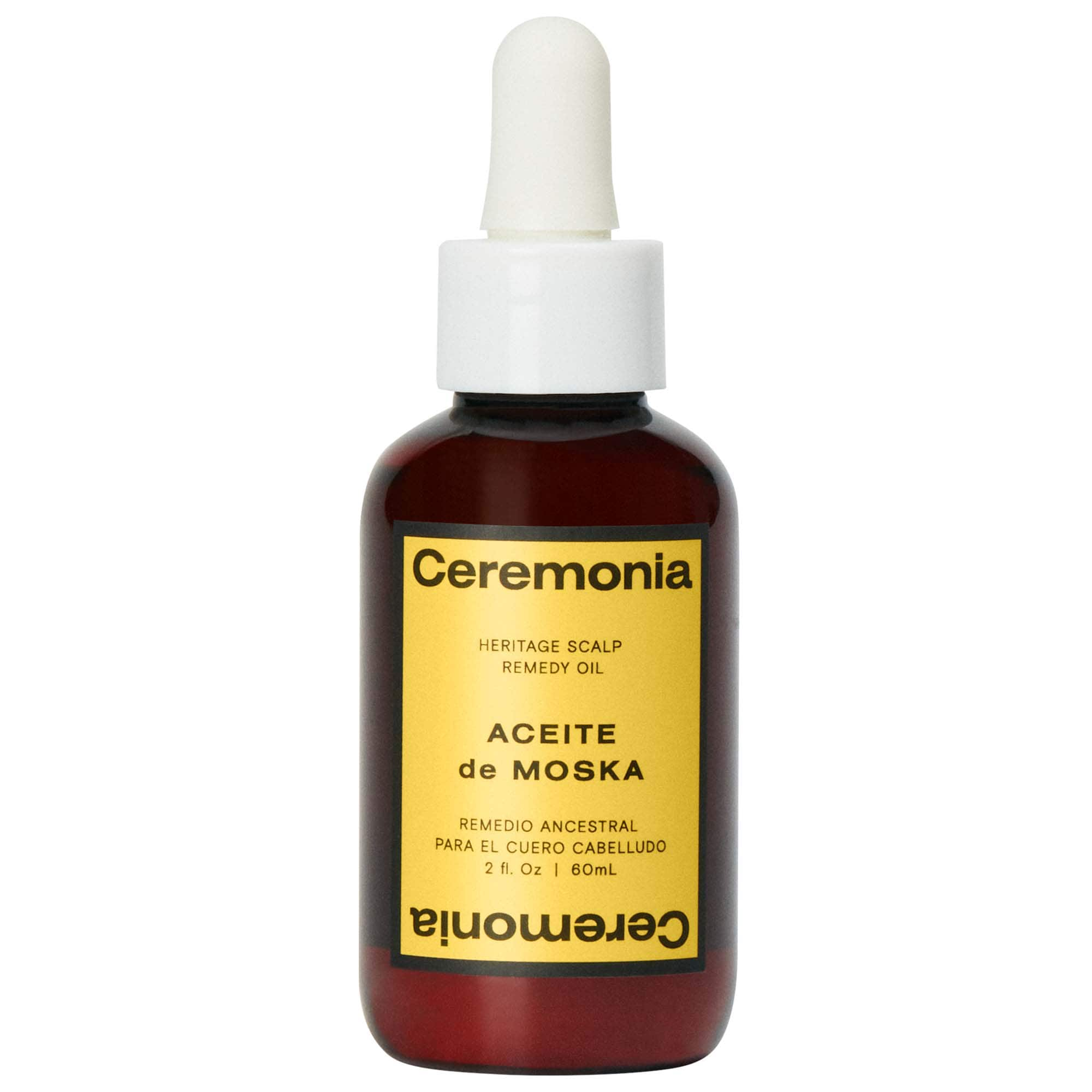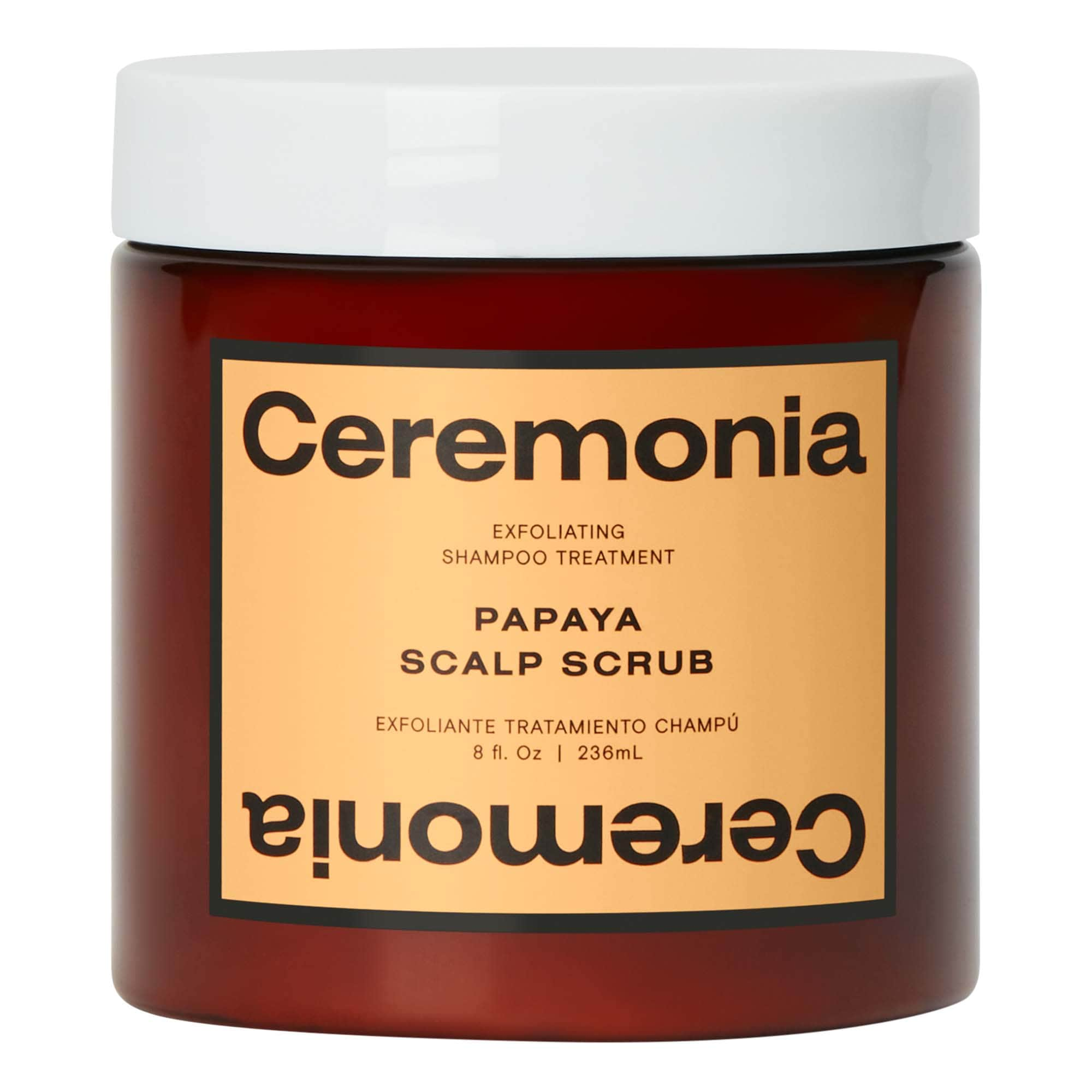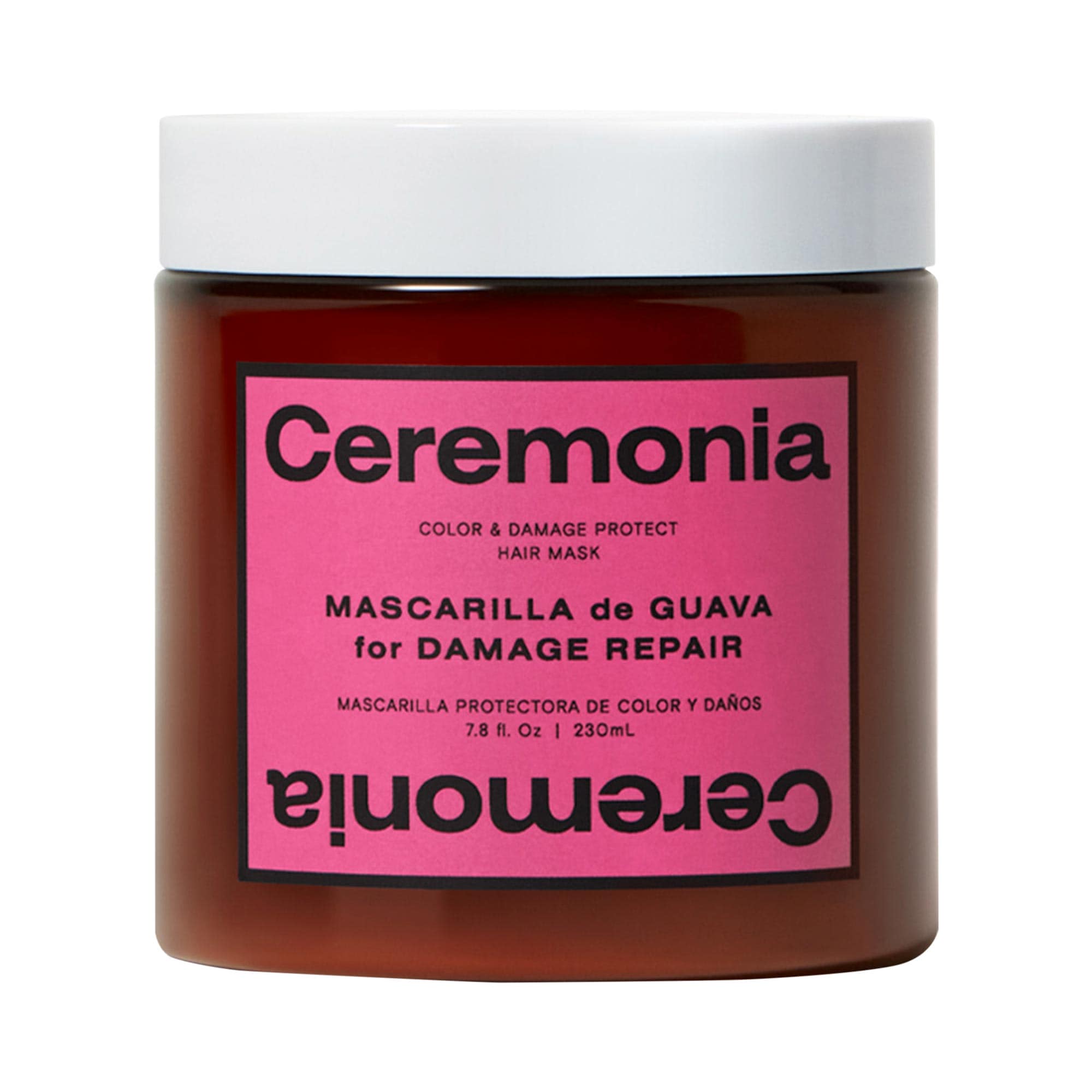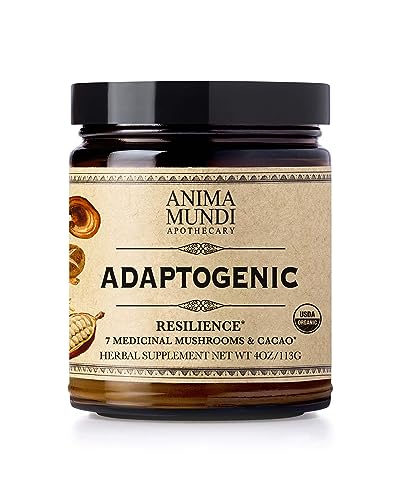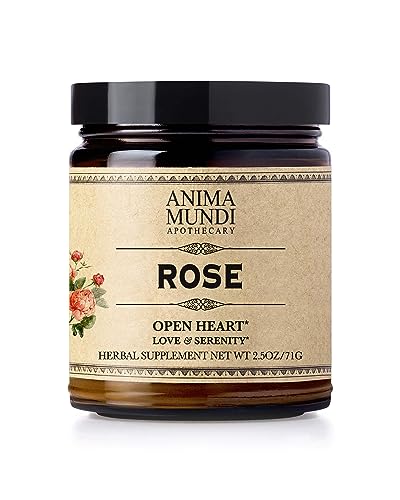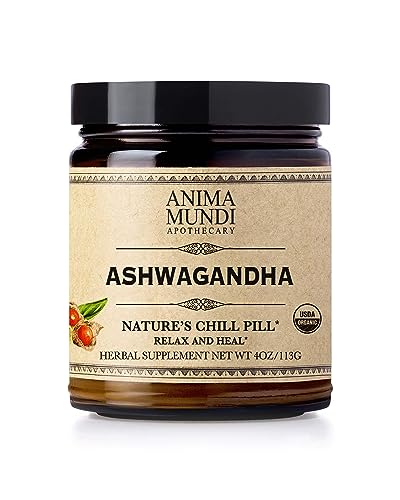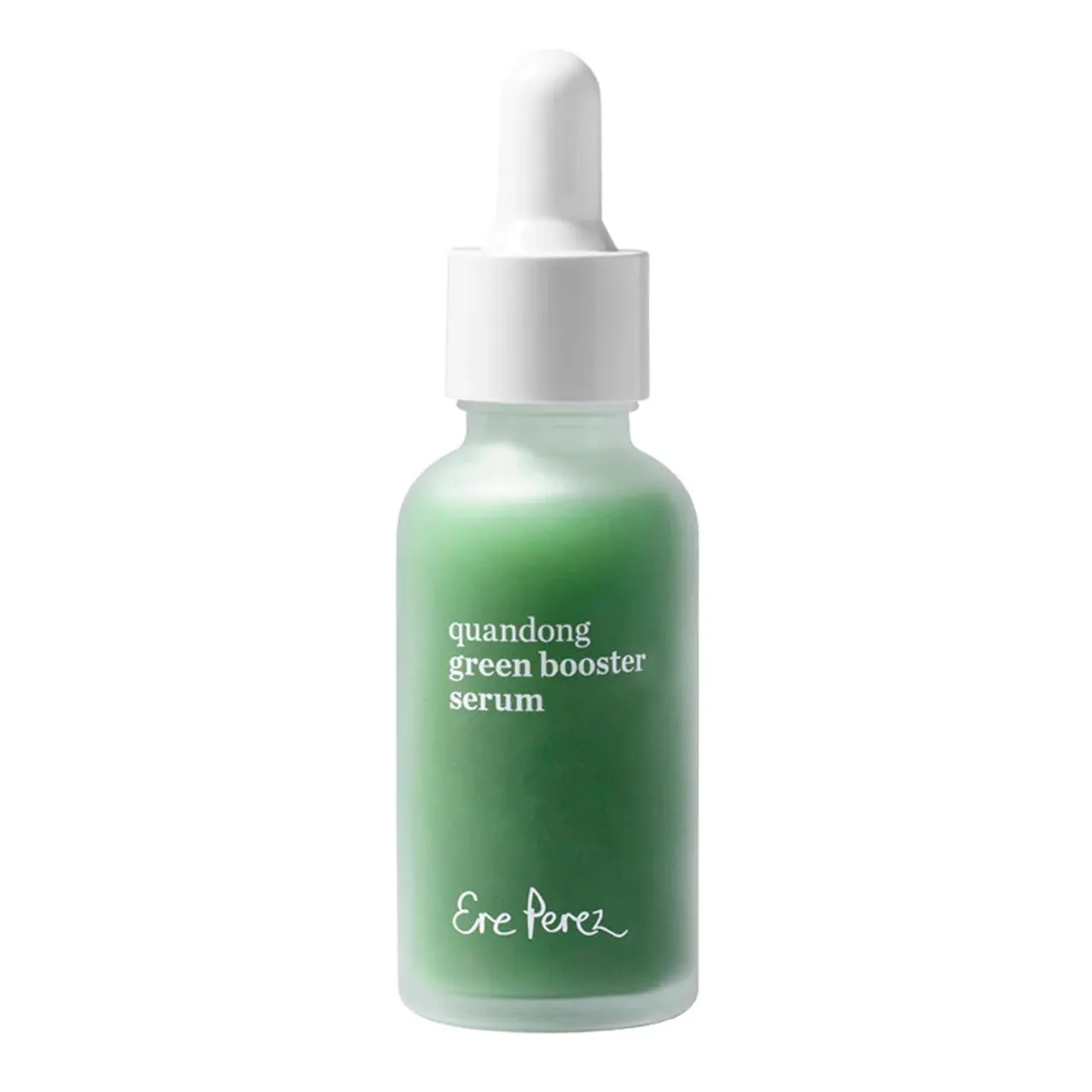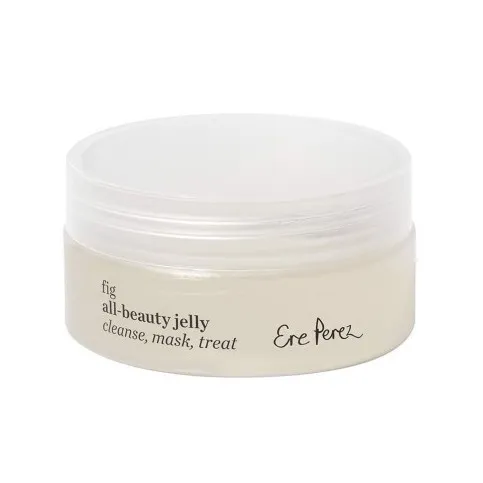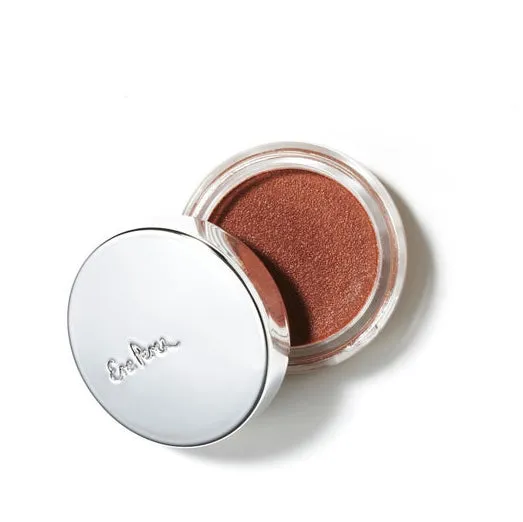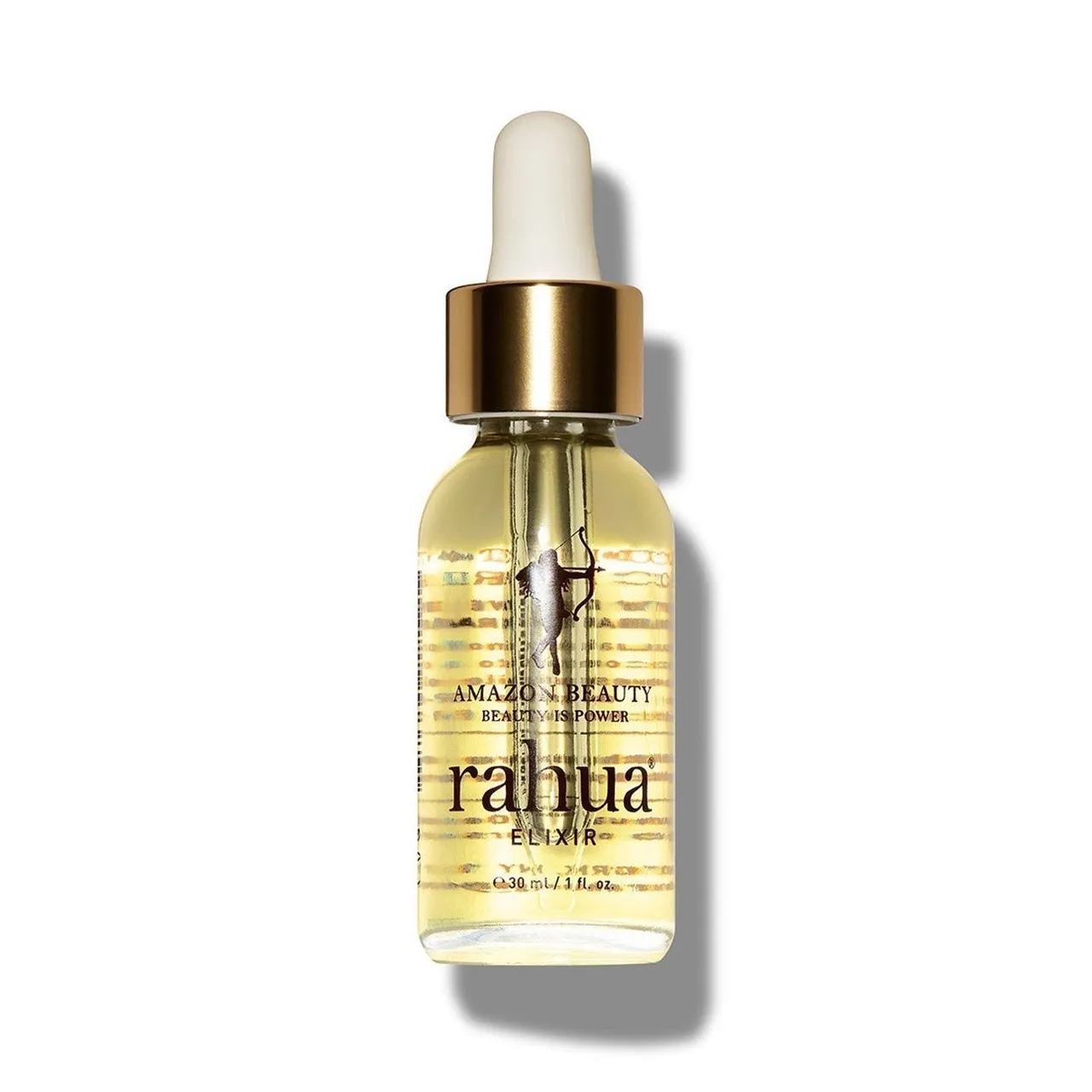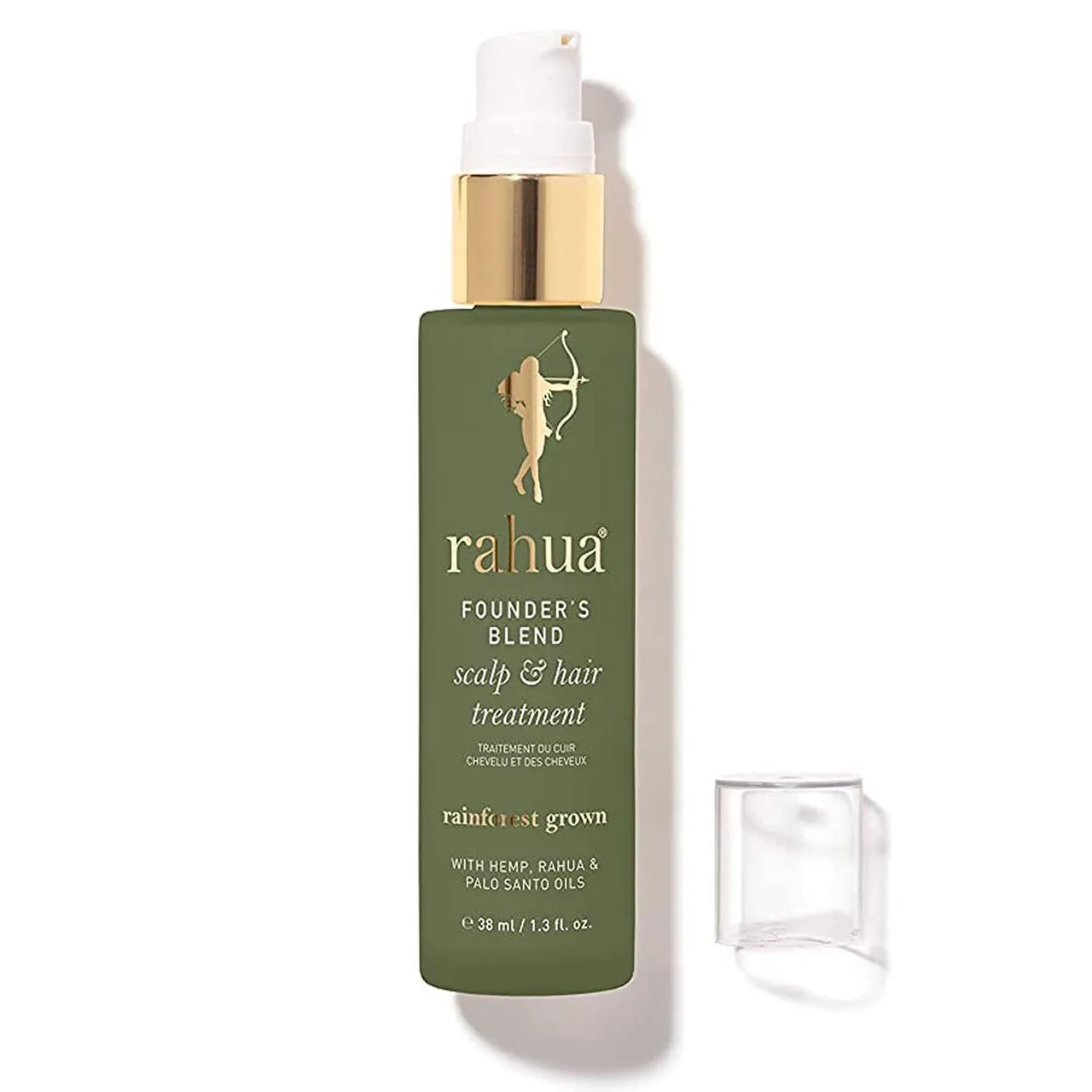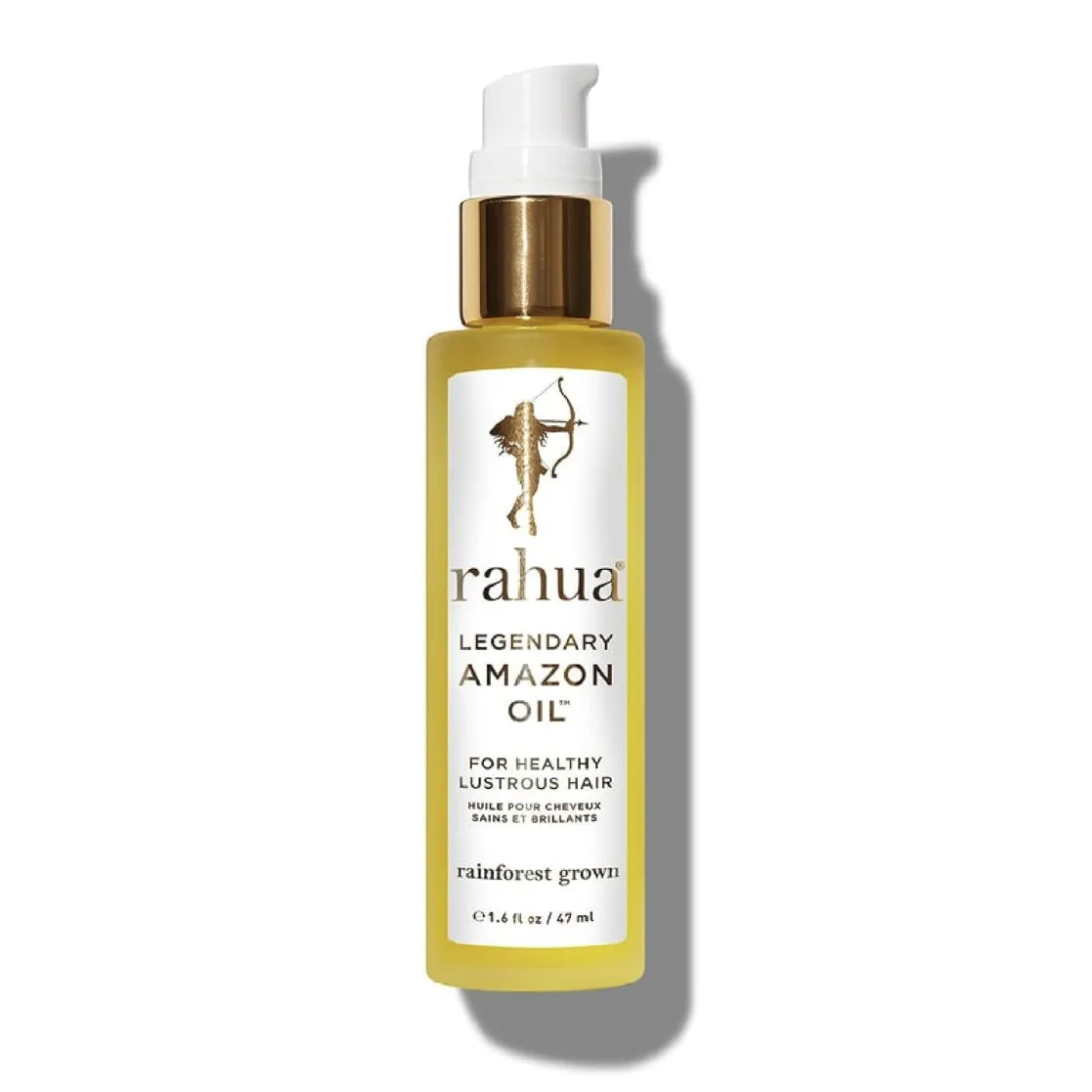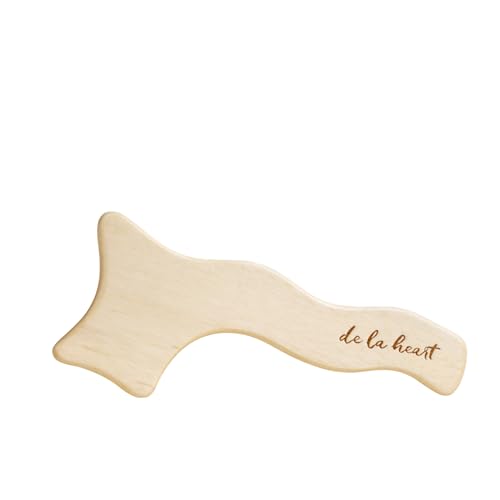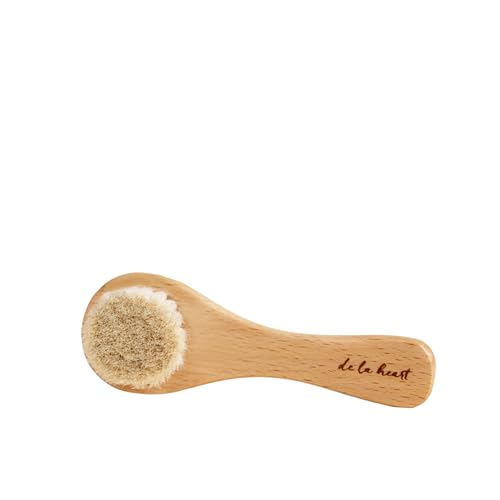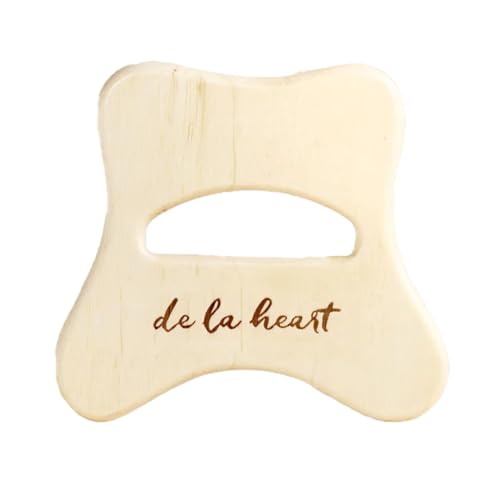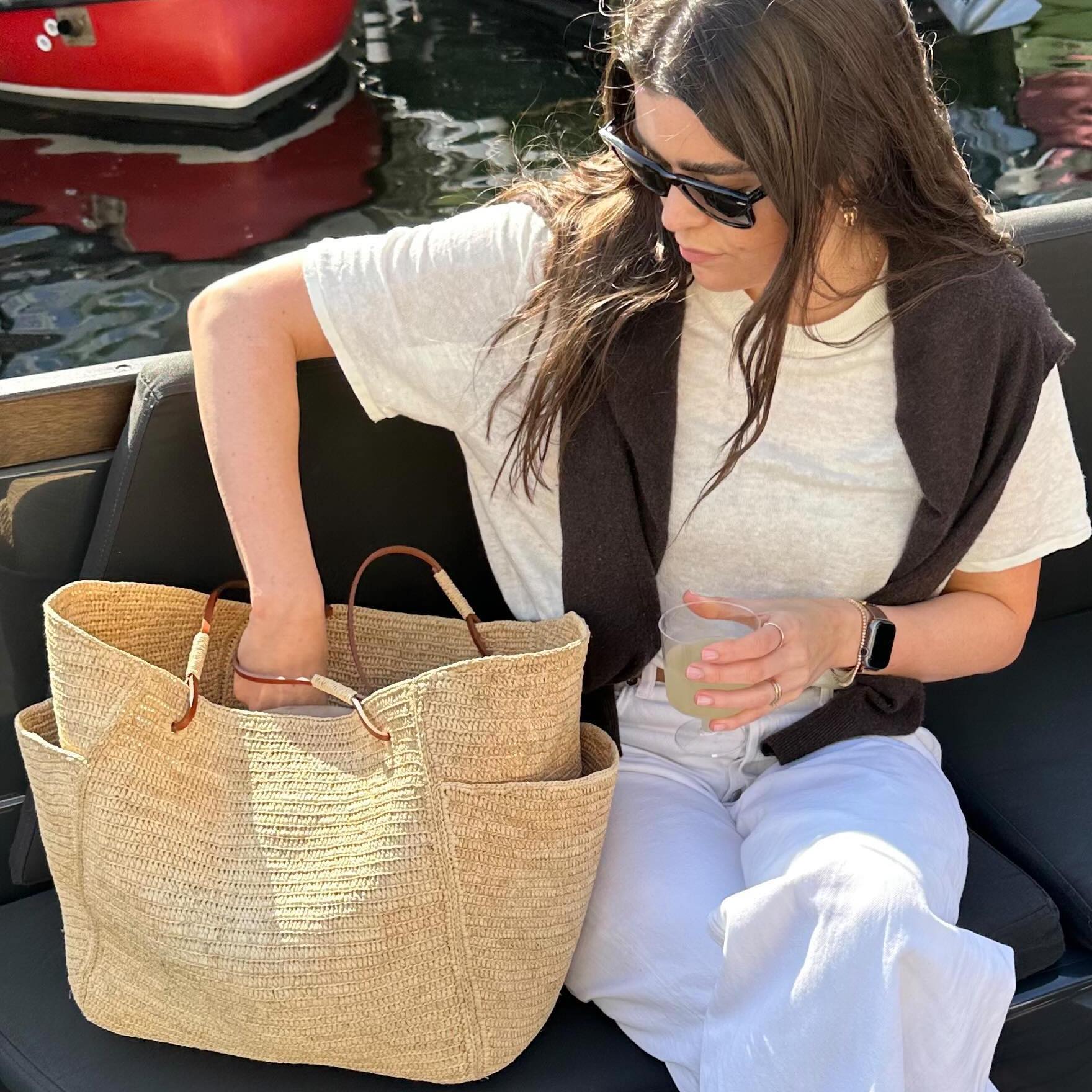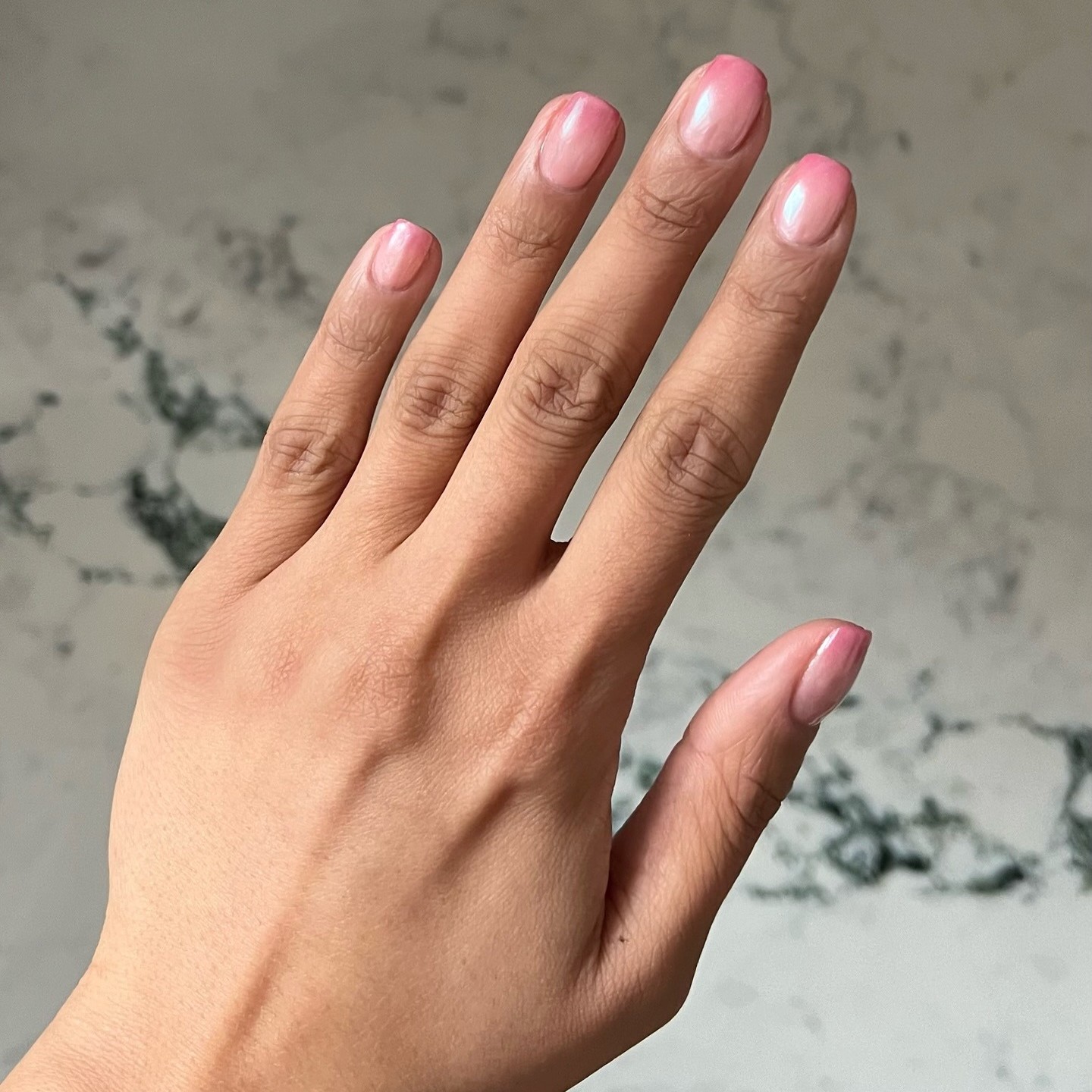For These Latin American Brand Founders, Wellness Is Meaningful, Complex, and Rooted in Culture
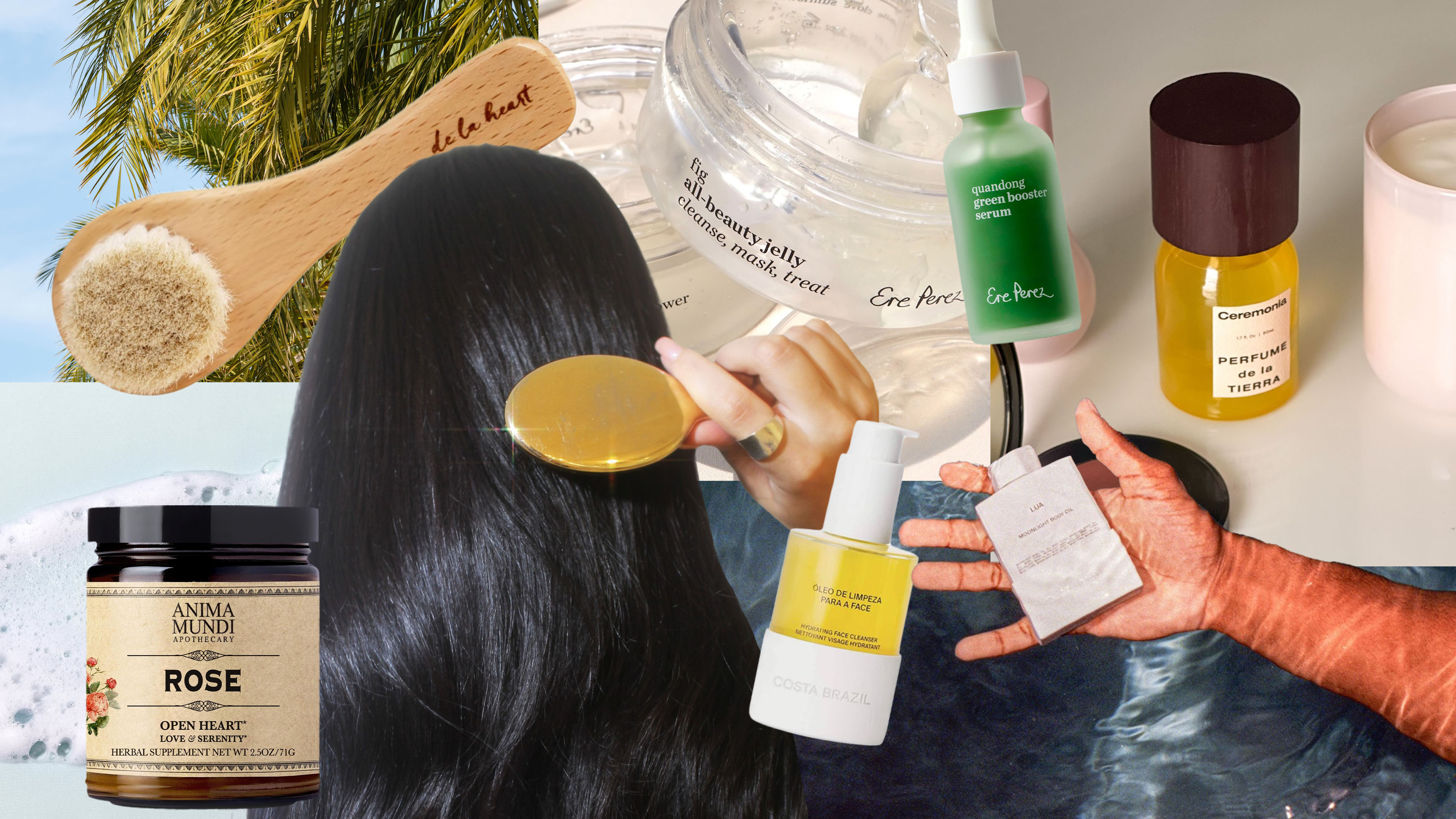
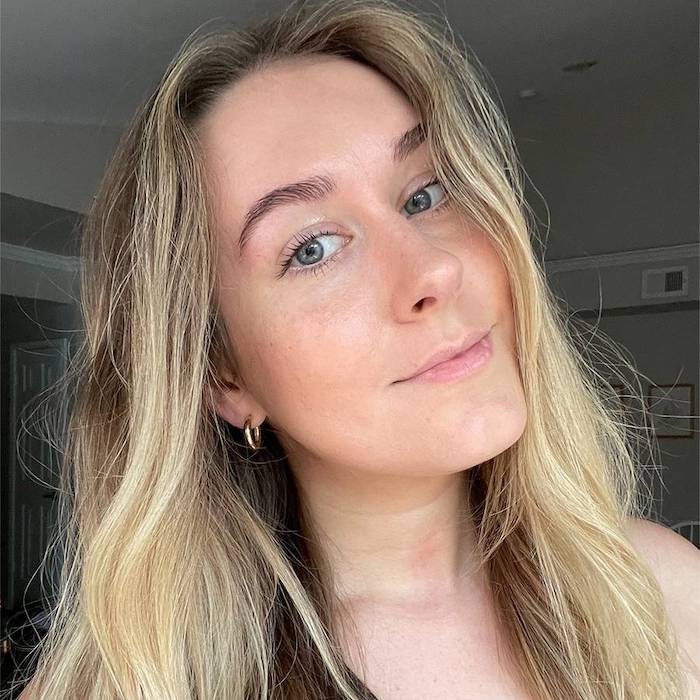
Wellness is subjective and often tied to our own deeply personal experiences. Even though simple self-care practices like an everything shower or face mask spark joy, there are deeper layers to the concept of wellness. For centuries, humans have harnessed the elements of the natural world in long-standing cultural traditions to bring a sense of peace, wholeness, and oneness to themselves and their communities.
Many Latin American brand founders have been doing this for ages—sharing their ancestral practices and philosophies for what it truly means to be well, whether that's through the creation of skincare, haircare, or total body wellness formulas. These formulas bring celebrated Latin American ingredients to light and promote healing in the body on both the physical and spiritual level.
Adriana Ayales, clinical herbalist and founder of herbal apothecary Anima Mundi, is one of those brand founders. She'd like for this approach to wellness to be more common in today's world. "I wish there was a greater emphasis on connecting with nature and understanding the intelligence of plants as healers," she says. "So much of wellness has become commercialized and disconnected from its roots. I'd love to see more integration of traditional herbal wisdom and a focus on sustainable, ethically sourced ingredients. Wellness should be about deepening our relationship with the earth, not just products."
To explore, celebrate, and share traditional Latin American wellness practices, we wanted to put together a guide to some of the most effective and exciting brands on the market. We reached out to six brand founders who go beyond commercialized ideas of self-care and dive into sacred historical practices and philosophies. Ahead, dip into their wealth of knowledge.
Francisco Costa of Costa Brazil
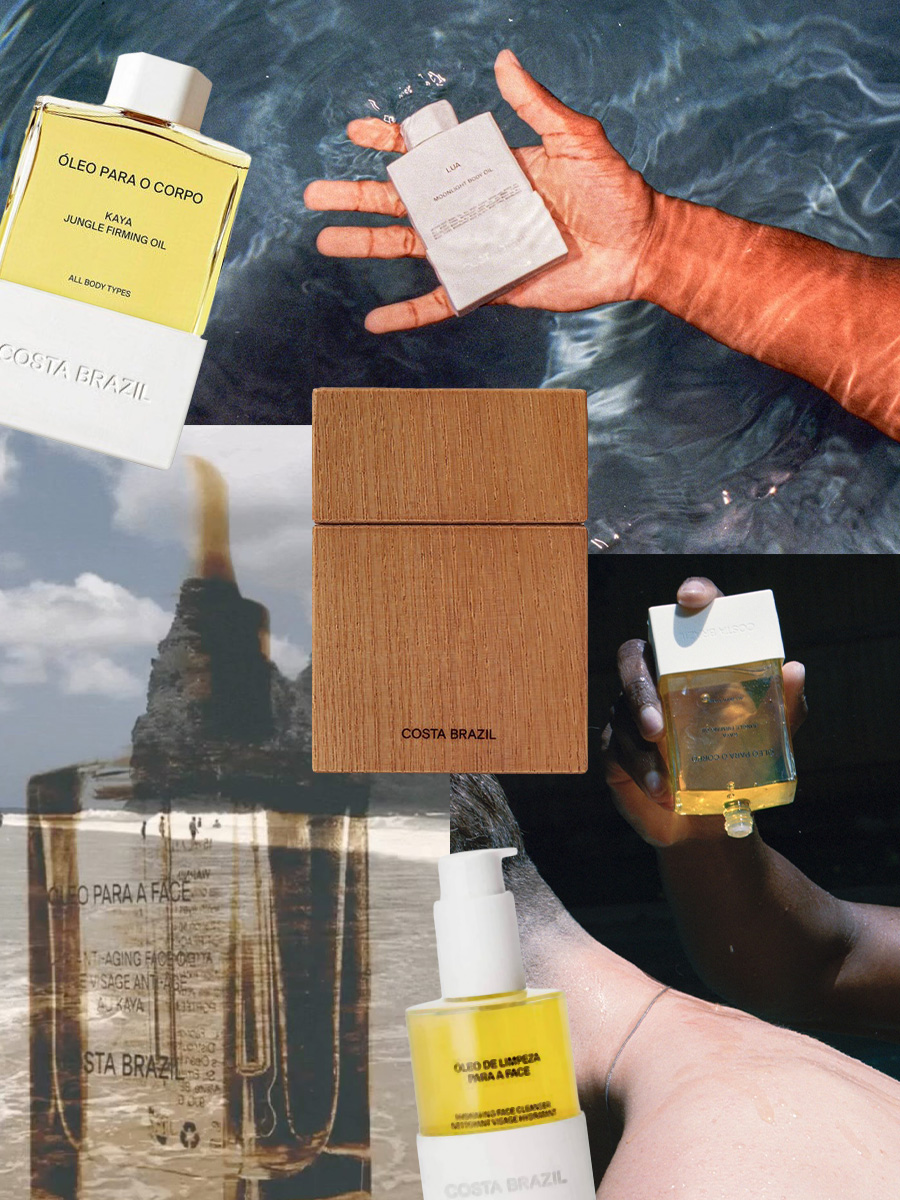
Francisco Costa, founder of Costa Brazil, feels a sense of wholeness when the mind, body, and soul are completely in alignment. Through this philosophy and Costa's calling to create something truly authentic to him, Costa Brazil—a brand with an ethos of connection to the earth, nourishment, and groundedness—was born. "I find infinite inspiration from nature," Costa says. "I grew up surrounded by strong women, great art and architecture, and the incomparable Brazilian spirit and DNA filled with joy and [being] connected with the land."
His guide to wellness is rooted in utilizing powerful Amazonian ingredients for care of the skin and the mind through rich South American aromas. Costa discovered local healing rituals and raw natural ingredients on a trip to the Amazon in 2016, including breu, a natural woody resin used for centuries in the jungle of Brazil to alleviate headaches and promote peace and focus. It's also known to balance the sixth chakra (also known as the third eye or eye of intuition). Another key ingredient in Costa Brazil's lineup is Kaya, a superfood oil exclusive to the brand that revitalizes skin's texture and firmness. "Without my curiosity of going into the Amazon and finding and developing these unique ingredients, the brand would not be what it is," Costa explains. "We are the only skincare brand today using breu and Kaya. Today, Costa Brazil is a mission as much as it is a brand that sells beautiful products."
Costa burns breu as part of his own wellness ritual, bringing a feeling of balance to his everyday life. "It transports me back to the Amazon and helps me feel centered," he says. "Breu is a powerful antioxidant, antimicrobial, and anxiety reliever. I would have never discovered breu if I had not traveled to the Amazon and was introduced to it by the Yawanawá tribe."
Babba Rivera of Ceremonia
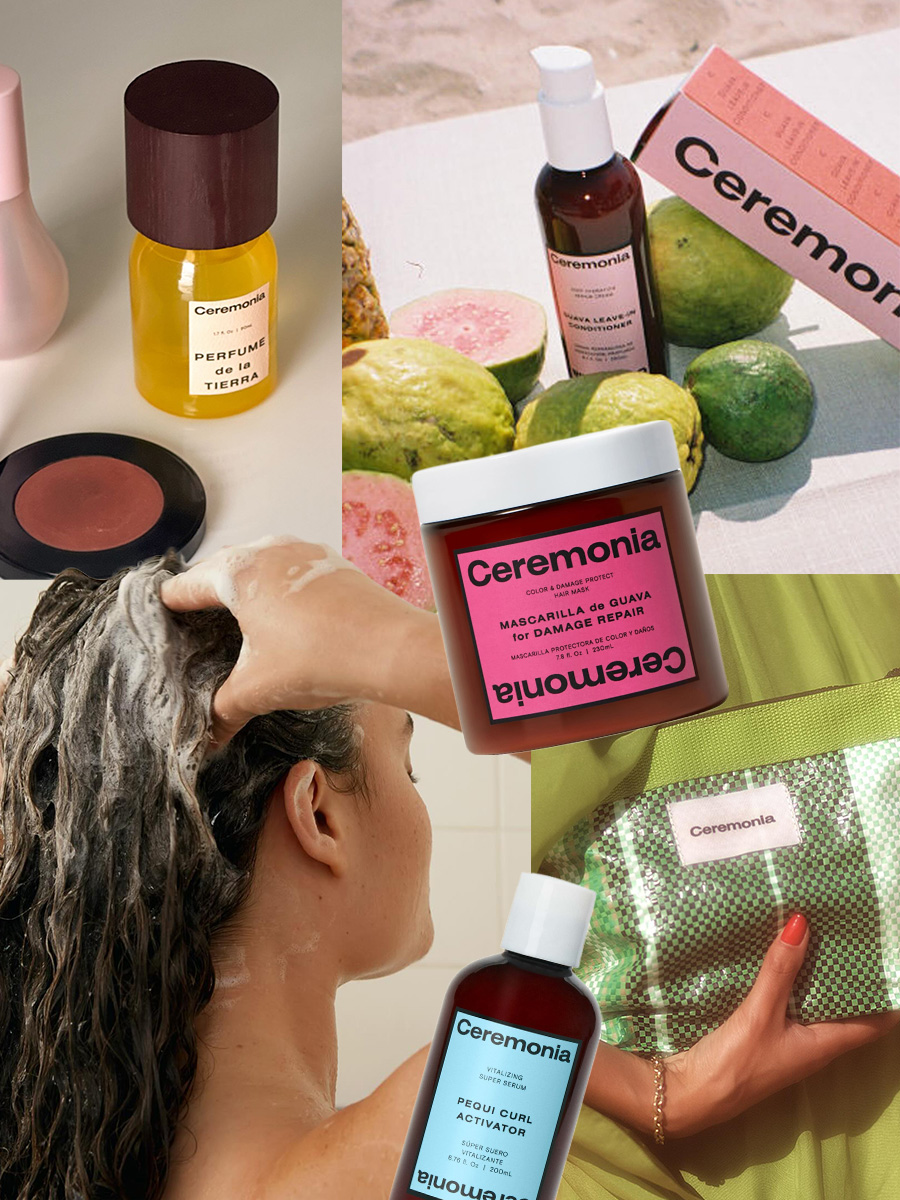
Caring for your hair is another deeply personal experience for many women that's rooted in culture. Your hair type and texture can create a unique type of ritual all your own, and nobody knows this more than Ceremonia founder Babba Rivera. "Ceremonia was born out of a personal need and desire to make peace with my own natural hair," she tells us. "After over a decade of frantically damaging my hair in an effort to conform with beauty standards that were not meant for people that looked like me, I wanted to do better for my hair. My personal need for haircare products designed to restore my natural hair, coupled with a wish for representation of my Latinx culture, is what eventually embarked me on the journey of building Ceremonia. Despite the Latinx demographic accounting for 20% of the U.S. population and having an outsized spending pattern, we are the most overlooked in the category. For me, it was obvious that the future of beauty is clean, sustainable, and inclusive, yet most hair brands in the market had none of those things at the core. Hair is also the fastest-growing category within beauty, and the Latinx demographic is the fastest-growing yet most underserved consumer opportunity. I wanted to empower a new generation of consumers to embrace their natural beauty through a hair-wellness approach inspired by my own Latinx heritage, harnessing the rituals my father and mother passed down to me from a young age."
Rivera's culture is the axis of her brand. She grew up in a Spanish-speaking household with a hairdresser father who taught her all about Latin American beauty rituals. "My family would buy whichever conventional beauty products that they could afford and boost them with natural oil blends they would mix at home," she says. "What I loved most was the strong sense of community I learned from home as well as the healthy relationship with beauty, treating it like a form of self-care. From this, Ceremonia's mission was born. We are flipping the script through a hair-wellness approach. Powered by natural ingredients from Latin America, co-created with our community, and inspired by the rituals that both my father and mother taught me, Ceremonia is redefining the hair aisle while bringing representation and wellness to the hair category." Rivera's mother also considered her beauty rituals a form of self-care and self-love. "She taught me it is something you do to honor yourself, not to mask who you are or impress others. This has really stuck with me through my adulthood. As a mother of four beautiful girls and an entrepreneur, wellness, to me, means putting on my own oxygen mask before helping others. I've learned that if my own bucket is empty, there's nothing else to give to anyone else either. … Wellness is what brings you joy and allows you a moment to step away and reset," she says.
Rivera's own hair-wellness practices include a spa-like shower at least once a week and hair oiling. "Hair oiling is something that's deeply rooted in my culture and something I do as a form of self-care together with my loved ones," she says. "I always bring our Aceite de Moska scalp oil when I go on girls' trips, and [we] practice a moment of self-care together in our robes. We order room service and just talk and enjoy each other's company while doing something rejuvenating for oneself. Every time my mom and sister come visit me, we do this ritual together as well. Spending time together in the bathroom is my definition of quality time, as I grew up watching my mom do her beauty rituals and admiring it." Rivera also loves the idea of upgrading her everyday moments like washday and turning them into a luxurious and relaxing experience. Her week always starts with the brand's Aceite de Moska followed by a gentle massage with a scalp massager to stimulate blood flow and circulation and to promote healthy hair growth. She then washes it off with the brand's Papaya Scalp Scrub for a deeper cleanse before finishing with Mascarilla de Guava on her ends to repair damage and excess frizz.
Rivera is on a mission to share the Latin American perspective on beauty and wellness. An often underrepresented take, it's rich in knowledge and healing. "I don't know why, but almost all luxury beauty stems from French culture, and while I appreciate the French take on beauty, I also think it's about time we widen the perspective a bit and invite more diversity of culture in this category," she shares. "Latin American culture has so many passed-down rituals and powerful natural ingredients to offer, and it is my mission to share this with a global audience—finally putting Latin American culture on the world map through [the] brand."
Adriana Ayales of Anima Mundi
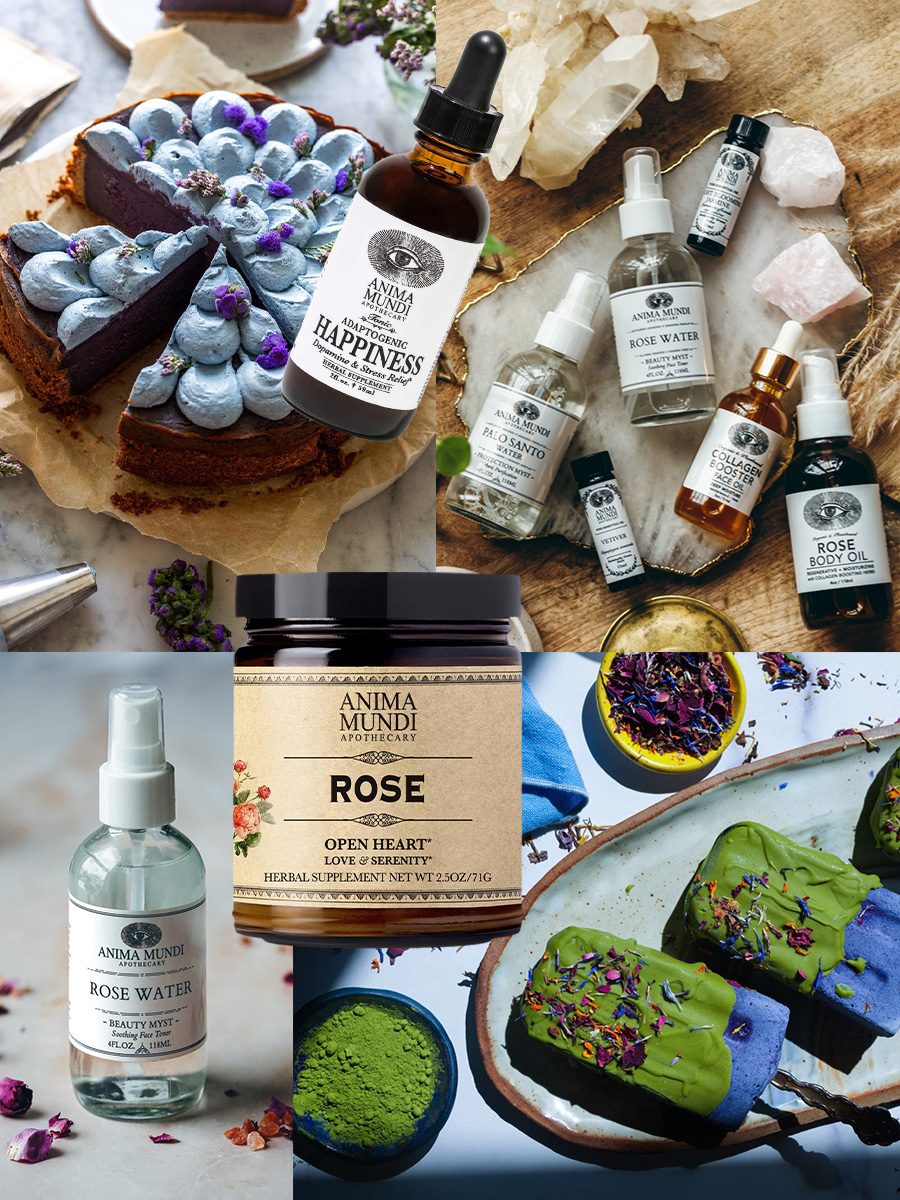
Ayales grew up in Costa Rica surrounded by the rainforest. Her personal wellness practices and brand philosophy are all about living in alignment with nature and the healing ingredients it offers. "It's a way of living in balance with the natural world, honoring both our internal rhythms and the external environment," she shares. "Wellness isn't just the absence of illness but a vibrant state of being where we cultivate joy, peace, and connection with everything around us." Ayales's deep connection to the rainforest and ancient healing traditions of her ancestors shaped her relationship with wellness and inspired her to create Anima Mundi. She explains, "My cultural roots shaped my relationship with wellness as something intrinsic and sacred rooted in plants and natural cycles. From a young age, I witnessed how the natural world provided remedies for the body, mind, and soul, and that profoundly impacted my path as an herbalist. I wanted to create a space where the purity and potency of nature's medicine could shine through in formulas that honor the traditions of herbalism. It's about giving people access to these powerful tools for healing while supporting the global ecosystem and sustainable farming practices."
In addition to utilizing whole, plant-based ingredients for full-body nourishment, Ayales's guide to wellness includes healing practices deeply rooted in the indigenous traditions of Latin America. In particular, she loves plant bathing and cleansing with herbs like ruda and rosemary. Plant bathing can be done with fresh herbs by putting them in a muslin bag and placing the bag in hot bath water to saturate the water with the essence of the plants. Ayales also makes her own tinctures and teas from fresh leaves and flowers, something she considers central to her practice. These traditions have been passed down for generations in her family, blending spirit and science into everyday wellness.
Ayales has a few tips on how you can level up your own wellness practices. First, she recommends simplifying your lifestyle and focusing on food as medicine. She's also a fan of daily movement, meditation or prayer, listening to your body and tuning into its subtle cues to avoid burnout, and integrating herbs into your daily routine. "They offer profound support for stress, energy, and vitality," she says. Lastly, she stresses how centering it can be to stay connected to nature and spend time outdoors while practicing gratitude. "This opens the heart and mind, creating a ripple effect of positive energy in your life," she adds.
Ere Perez of Ere Perez
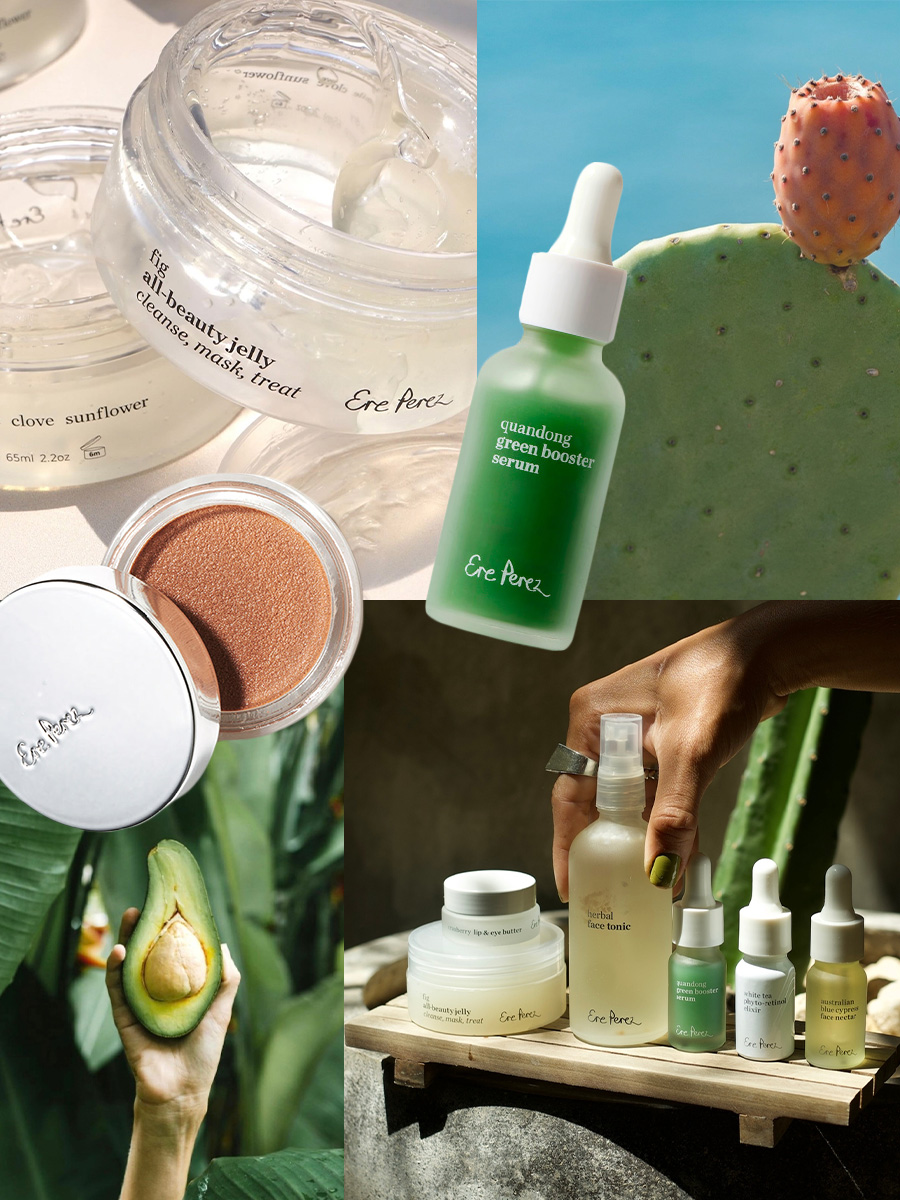
Ere Perez was born in Mexico, where natural remedies and plant-based ingredients are deeply rooted in everyday culture. "Growing up, I learned about the healing properties of powerful botanicals from my grandfather—a traditional medicine man—which began my curiosity and passion into wellness," she says. She currently resides in Australia, and she draws inspiration from the natural environment, combining it with her family's holistic traditions and a degree in nutrition.
"The traditional Mexican remedies I grew up with have become rituals in my life," she says. "Applying fresh, natural ingredients like papaya skin to gently brighten our complexions or aloe vera to soothe and hydrate skin. This close connection to the earth and slow, mindful ritual continues to influence my approach to clean beauty today. It's about respecting nature and harnessing superfoods to feed our skin."
As such, Perez focuses on clean beauty, formulating products with natural ingredients. "To me, 'clean' means safe, natural, formulated without harmful chemicals, and filled with nourishing botanicals that support the skin's natural functions," she says. "We like to keep things simple at Ere Perez and believe in a 'less is more' approach, focusing on simple, safe ingredients and [leaving] out anything that is potentially harmful. Not only do we want our products to benefit and support your skin but also help protect our planet."
Perez emphasizes, "Sustainability is at the heart of everything we do." She's made it a point to produce ethically sourced, refillable, and even biodegradable products. "We make conscious decisions at every stage of production to reduce our impact. It’s not just a buzzword for us—it’s a responsibility to the planet and future generations. I believe we have to give back to nature because it gives us so much," she adds.
It's no surprise, then, that a relationship with nature is a defining aspect of her wellness philosophy. "Wellness is a holistic journey. For me, it's not just about feeling good in your body and your mind. It's about nurturing ourselves with respect and care, living in harmony with nature, and recognizing the power of what we choose to put in and on our bodies," she says.
Fabian Lliguin of Rahua
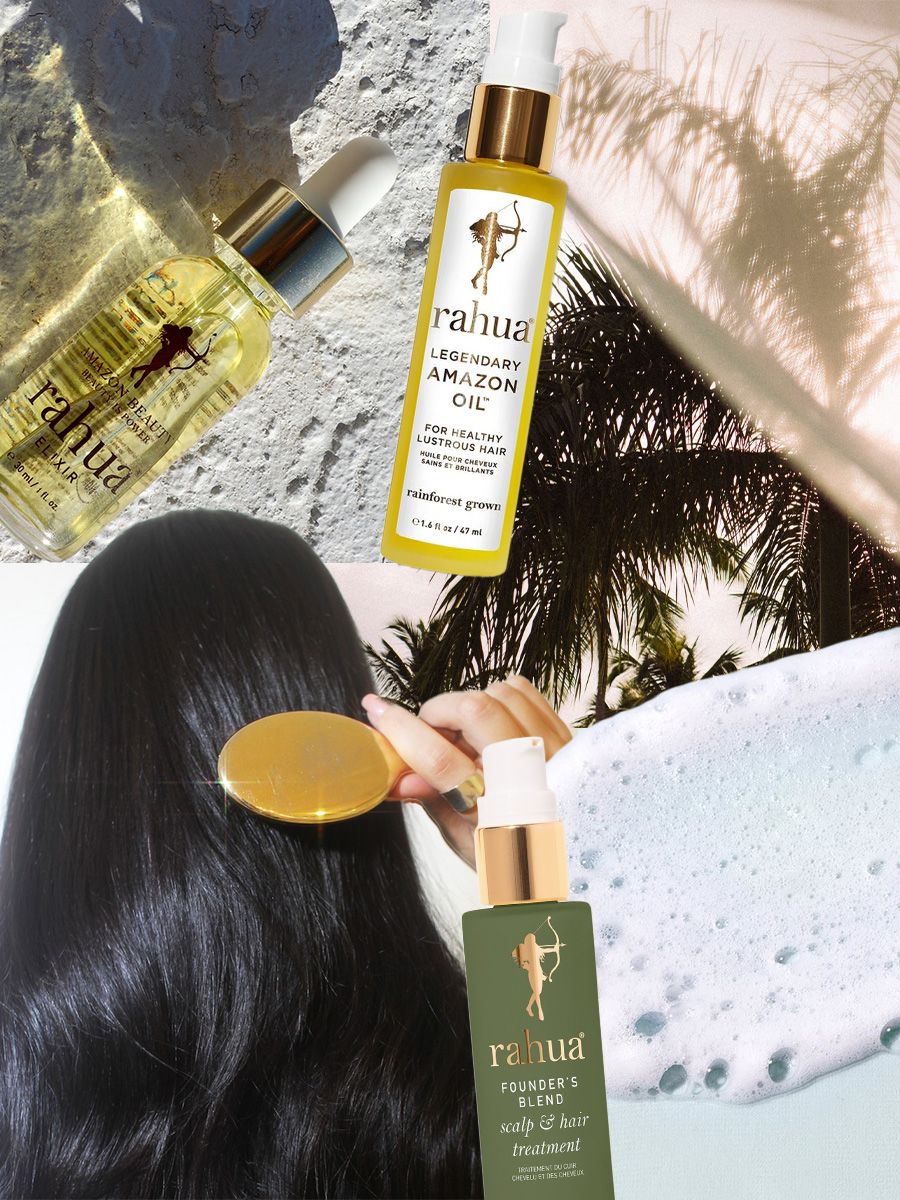
Fabian Lliguin is the co-founder of Rahua, a modern haircare brand built upon ancient ideals, ingredients, and practices—specifically the brand's hero ingredient, Rahua oil. "At the heart of each plant-powered product from Rahua is Rahua oil, a pure, plant-derived ingredient handcrafted by the Amazonian tribes from the rare ungurahua seed through ancient ceremonial processes," he says. "This oil is distinct due to its fine molecular structure, which allows it to deeply penetrate the hair shaft and repair it from within rather than merely coating the surface. The history of Rahua oil is deeply rooted in the traditions of the Quechua-Shuar, Achuar, and nearby tribes, who have used it for centuries as part of their cultural rituals and beauty practices."
The brand was born out of a personal experience when Lliguin visited the Amazon rainforest and met the women of the Quechua-Shuar tribe. "I saw how they used this oil to maintain their beautiful, healthy hair, and I knew immediately that this was something the world needed to experience," he says. "My wife and partner, Anna, and I launched Rahua with a mission to create high-performance, plant-powered beauty products while also protecting the Amazon rainforest and its indigenous communities. Since then, we've been able to preserve over 700,000 acres of the rainforest, a testament to the power of sustainable beauty."
Lliguin says one of the most critical aspects of the brand is "remaining true to the traditional methods of harvesting Rahua oil, and that means continuing to work closely with the local tribes." That means following the tribes' ancestral knowledge of harvesting and processing Rahua oil "through a slow, meticulous method that is not only sustainable but also ritualistic." It's not just a process; it's a sacred practice. "They gather the nuts by hand and use techniques that have been in place for centuries, ensuring that the surrounding ecosystem is unharmed," he adds.
This focus on maintaining a balanced ecosystem is key to the brand. "This sustainable approach allows us to honor their traditions and respect the balance of the rainforest. In return, we make sure they are compensated fairly, and we work to support their communities, preserving both their culture and the Amazon rainforest for future generations," he says.
To put it simply, Rahua is a brand built on honoring ritual, and Lliguin says that has defined his wellness practice as a result. "For me, wellness goes beyond just physical products and the comforts money can provide. It's the energy and spiritual element of these important rituals," he says. "Wellness is meant to help us achieve mental and emotional balance, something that can be created regardless of your environment. … During my travels through the rainforest, I've seen that true well-being can be found in the simple things—the beauty of nature, the scent of flowers, the sweetness of fresh fruit along riverbanks, and the joy that comes from simplicity."
Gigi Vogel of De La Heart
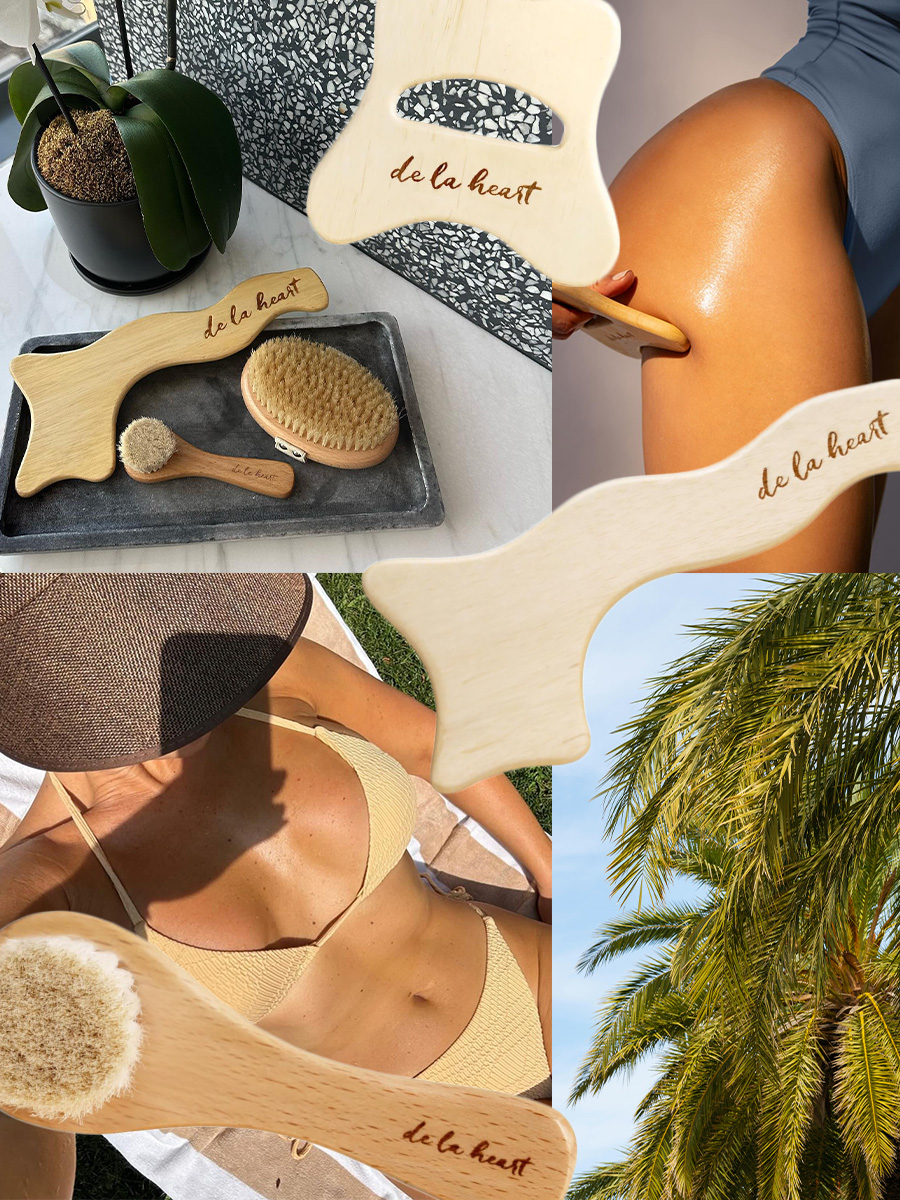
Growing up in Colombia, Gigi Vogel's mother regularly used lymphatic drainage tools on her. (FYI: Lymphatic drainage is widely celebrated for supporting wellness by removing toxins, improving circulation, and boosting the immune system.) The holistic massage technique she used, called maderoterapia aka wood therapy, is what inspired her to start her brand, De La Heart.
"I grew up in Colombia, where caring for loved ones and maintaining strong family ties were central to supporting emotional and social well-being," she says. "These values are the foundation of my life and the driving force behind De La Heart, with family, giving back, and community as its core pillars. Natural healing and beauty practices are passed down through generations, blending holistic approaches to health, wellness, and spirituality. Wellness has always been a part of my life, so much so that I was practicing it unknowingly as a little girl. It's in my roots. The wisdom of the resilient women in my family, combined with my experiences as an immigrant in the U.S., is what has made De La Heart stand out from the rest."
Vogel says traditional maderoterapia is rooted in indigenous and natural healing practices that have been passed down through generations. "These methods are used for detoxification, circulation improvement, swelling reduction, and post-surgery healing, offering a noninvasive way to support the body," she says. "Maderoterapia involves using wooden tools to break down cellulite, stimulate circulation, and promote lymphatic drainage. Widely practiced across Latin America, these therapies reflect a holistic approach to beauty and wellness, emphasizing the connection between body and mind, and are now recognized internationally as part of Colombia's rich wellness heritage."
That heritage directly informed Vogel's approach to health. "To me, wellness is a holistic approach to living, one that integrates every aspect of well-being—physical, mental, emotional, and spiritual. It's about aligning your feelings, thoughts, emotions, and actions to be present and intentional in how you show up in the world," she says.
Her daily routine does just that. "I'm a habit stacker," she explains. "I dry-brush (face and body) daily before jumping in my cold plunge or sauna. I always bring my Body Tool in the sauna to support detoxification in the heat, and it also helps contour my body. Most recently, I'm very into red light therapy for mitochondria and skin regeneration and drinking daily bone broth to support collagen production and gut health."

Kaitlyn McLintock is a Beauty Editor at Who What Wear. She has 10 years of experience in the editorial industry, having previously written for other industry-leading publications, like Byrdie, InStyle, The Zoe Report, Bustle, and others. She covers all things beauty and wellness-related, but she has a special passion for creating skincare content (whether that's writing about an innovative in-office treatment, researching the benefits of a certain ingredient, or testing the latest and greatest at-home skin device). Having lived in Los Angeles, California, and Austin, Texas, she has since relocated back to her home state, Michigan. When she's not writing, researching, or testing beauty products, she's working through an ever-growing book collection or swimming in the Great Lakes.
-
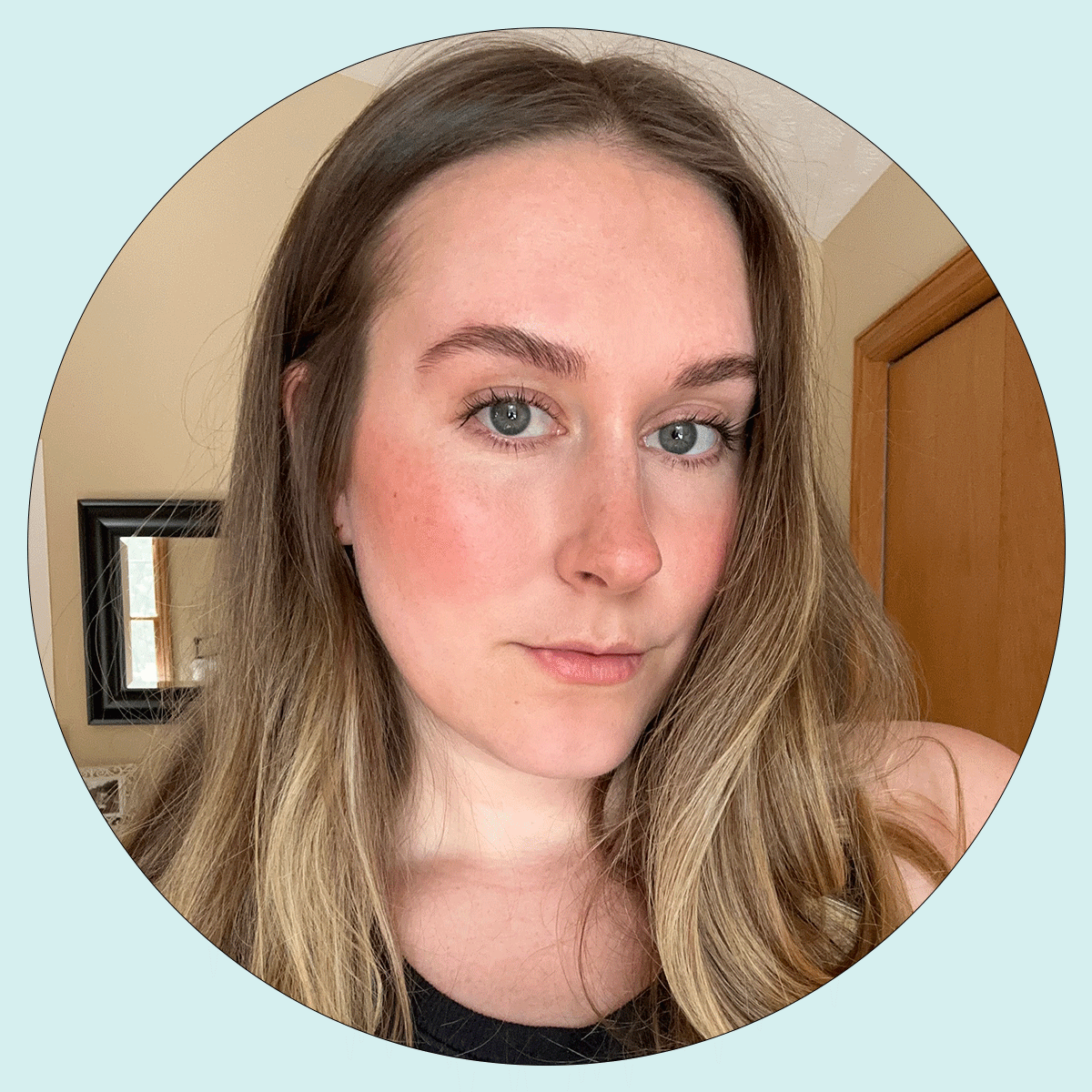 3 People Texted Me to Ask What They Should Buy Before Sephora's Sale Ends—Here's My Short List
3 People Texted Me to Ask What They Should Buy Before Sephora's Sale Ends—Here's My Short ListMy top 10 recommendations.
By Kaitlyn McLintock
-
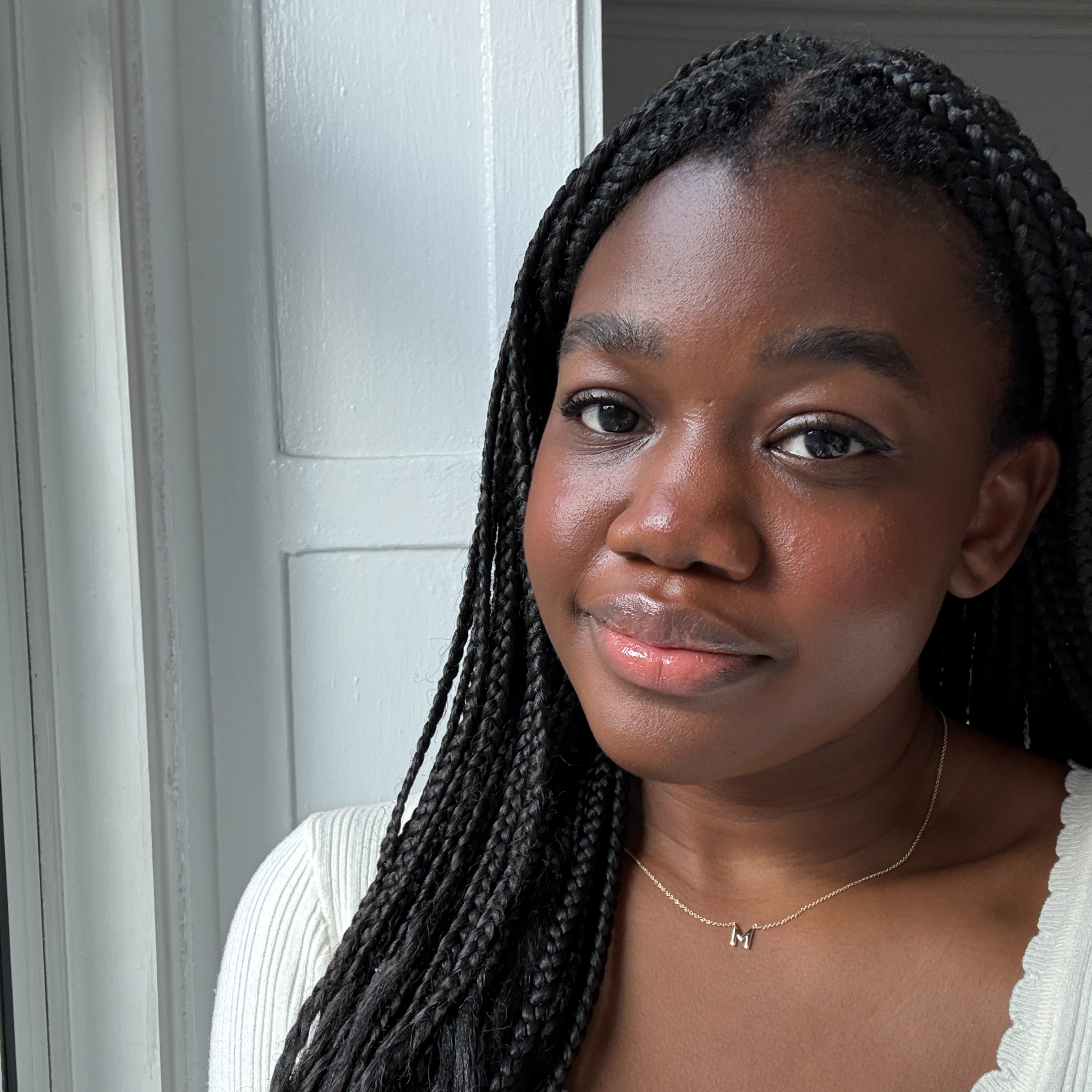 I Exclusively Wear Liquid Blush—Here Are the 13 Best for Just-Pinched Cheeks in Seconds
I Exclusively Wear Liquid Blush—Here Are the 13 Best for Just-Pinched Cheeks in SecondsThey're *almost* too good to be true.
By Maya Thomas
-
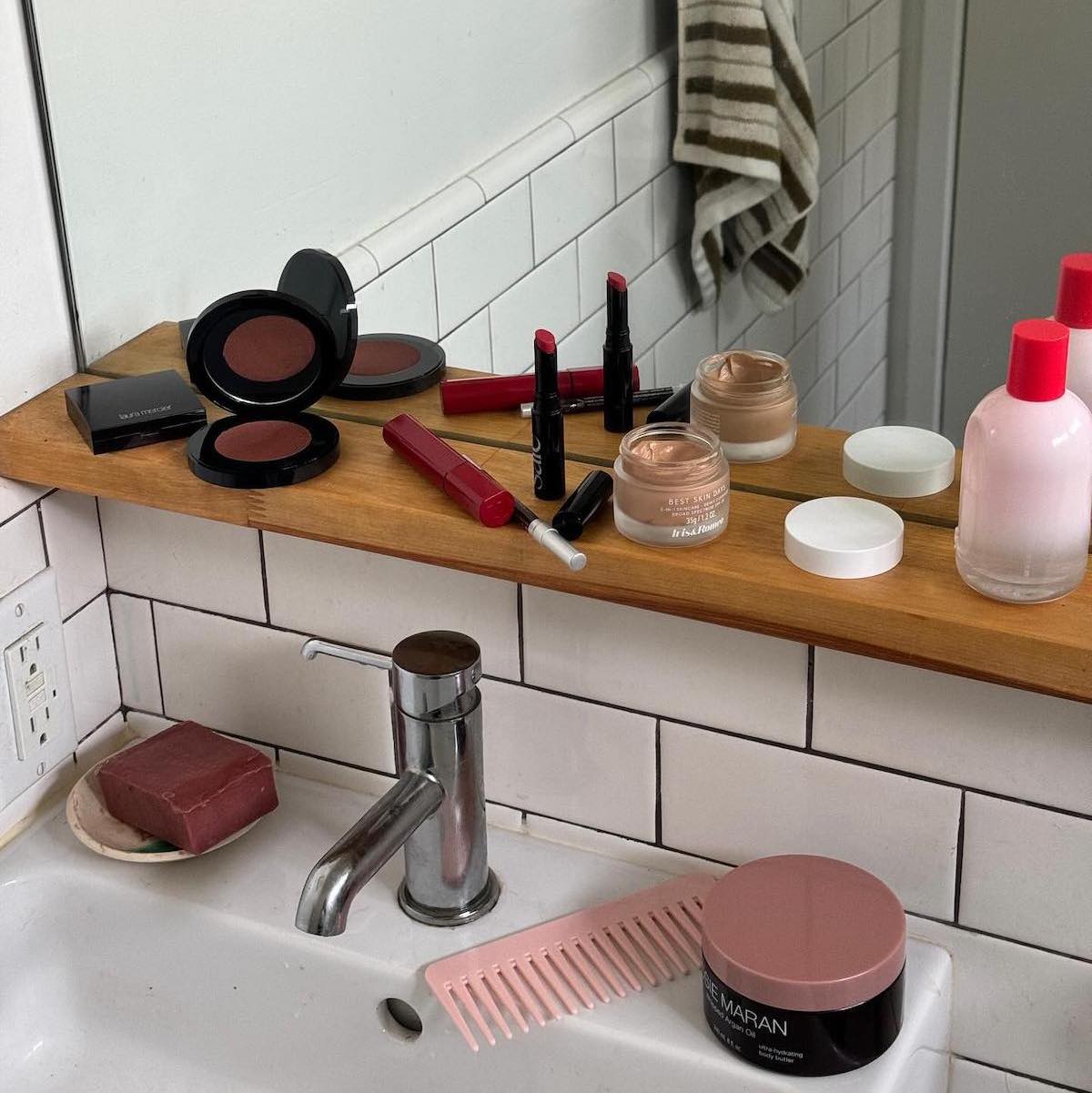 From TikTok-Viral to Undiscovered Gems—Here's My Editor-Approved Nordstrom Sale Shopping List
From TikTok-Viral to Undiscovered Gems—Here's My Editor-Approved Nordstrom Sale Shopping ListTrust me.
By Kaitlyn McLintock
-
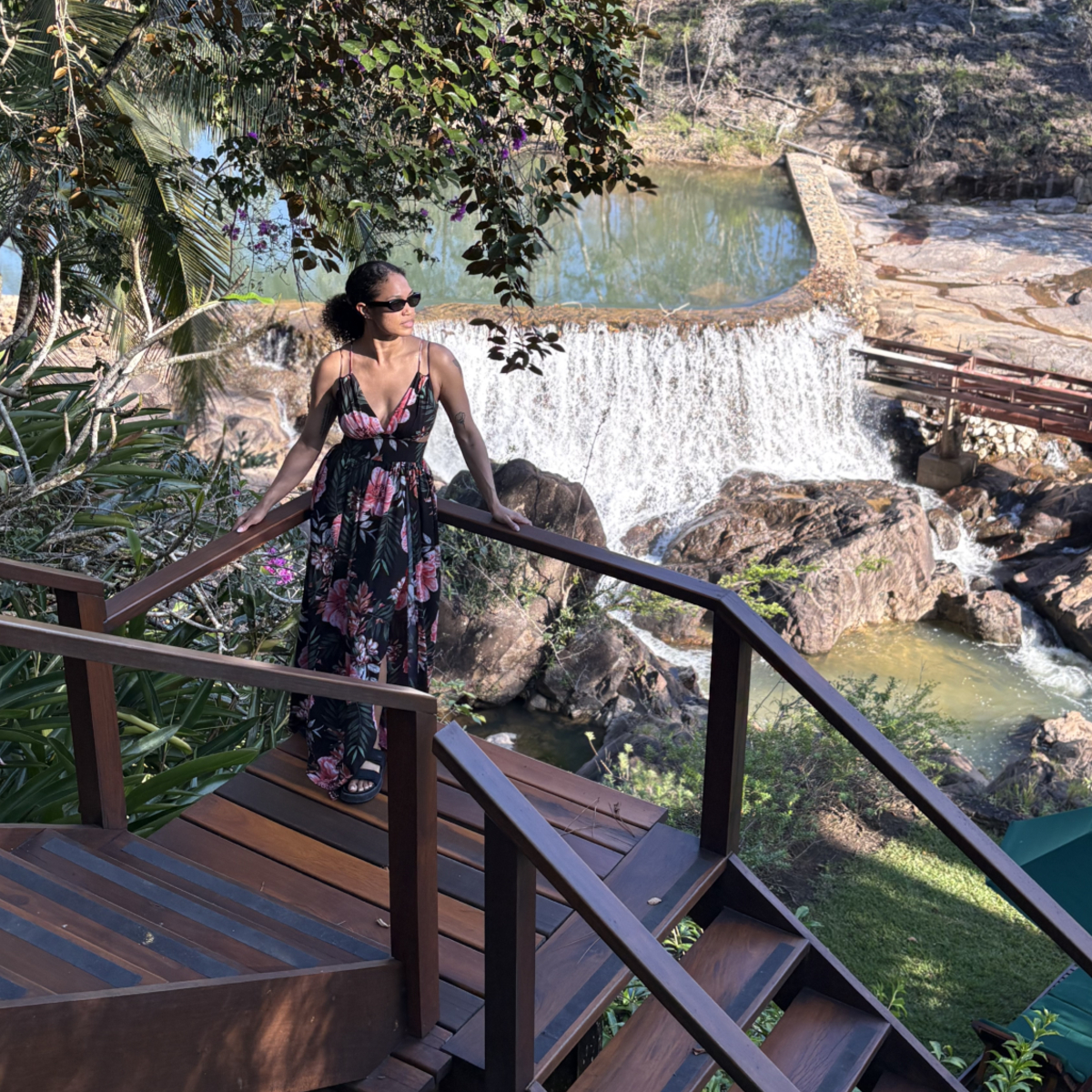 I Just Visited the Rainforest—These Were the Beauty Products That Proved Essential
I Just Visited the Rainforest—These Were the Beauty Products That Proved EssentialTravel dryness? I don't know her.
By Shawna Hudson
-
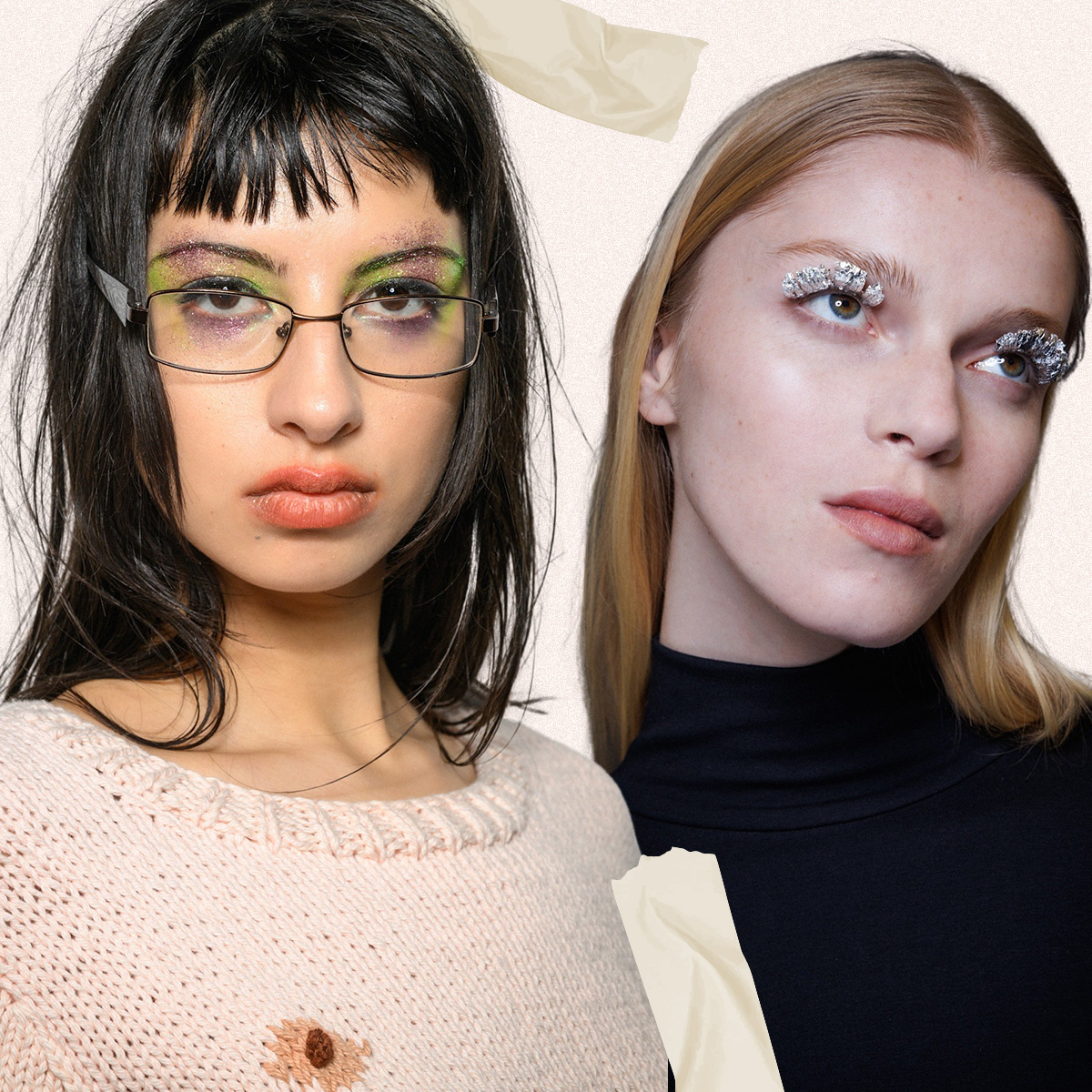 From "Morning After" Makeup to Millennial Side Parts—Fashion Month Set These 7 Big Beauty Trends in Motion
From "Morning After" Makeup to Millennial Side Parts—Fashion Month Set These 7 Big Beauty Trends in MotionThe fashion crowd has spoken.
By Kaitlyn McLintock
-
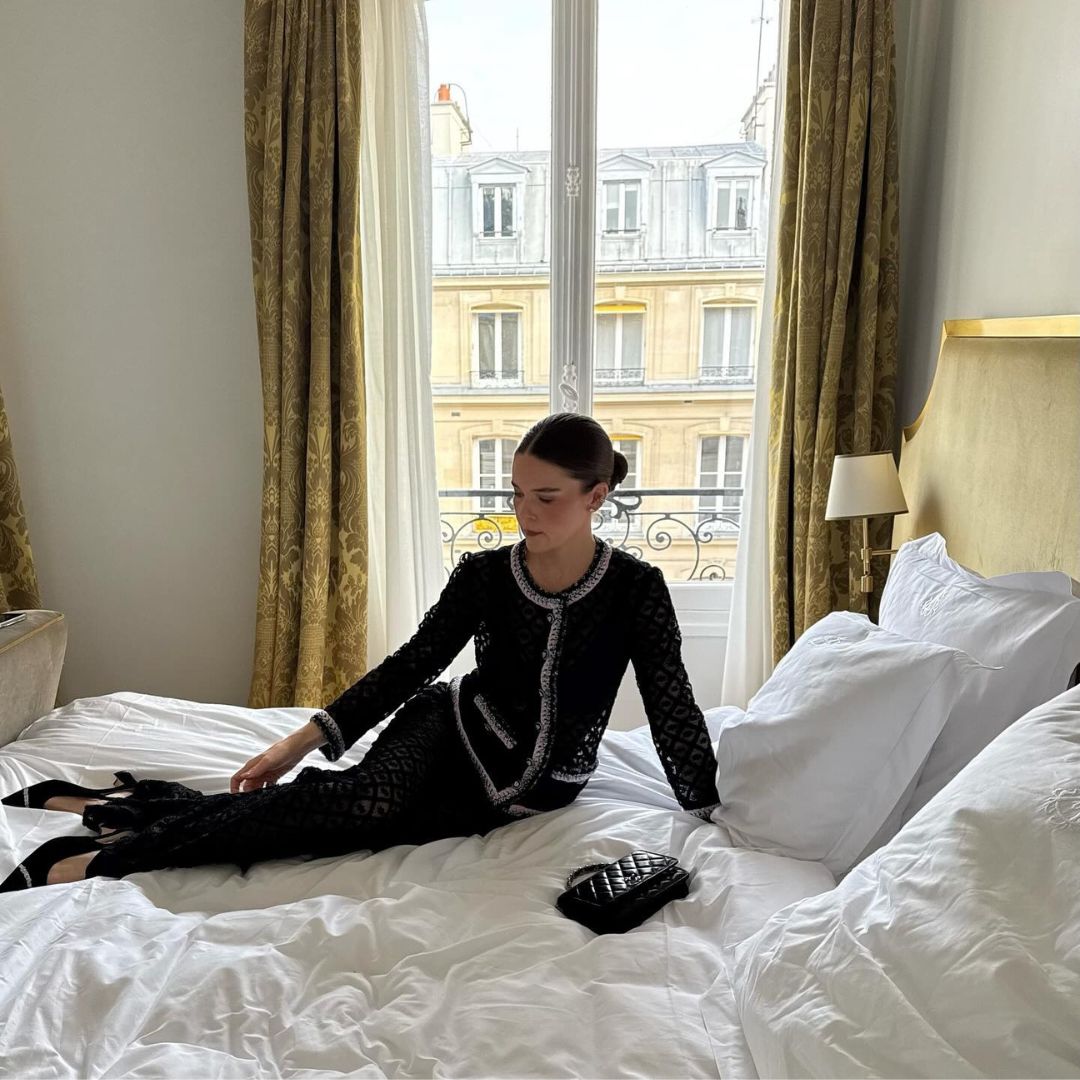 My Friend Wanted to Smell Like French High Society—I Sent Her These 10 On-Sale Scents
My Friend Wanted to Smell Like French High Society—I Sent Her These 10 On-Sale ScentsThese brands are almost never on sale.
By Alyssa Brascia
-
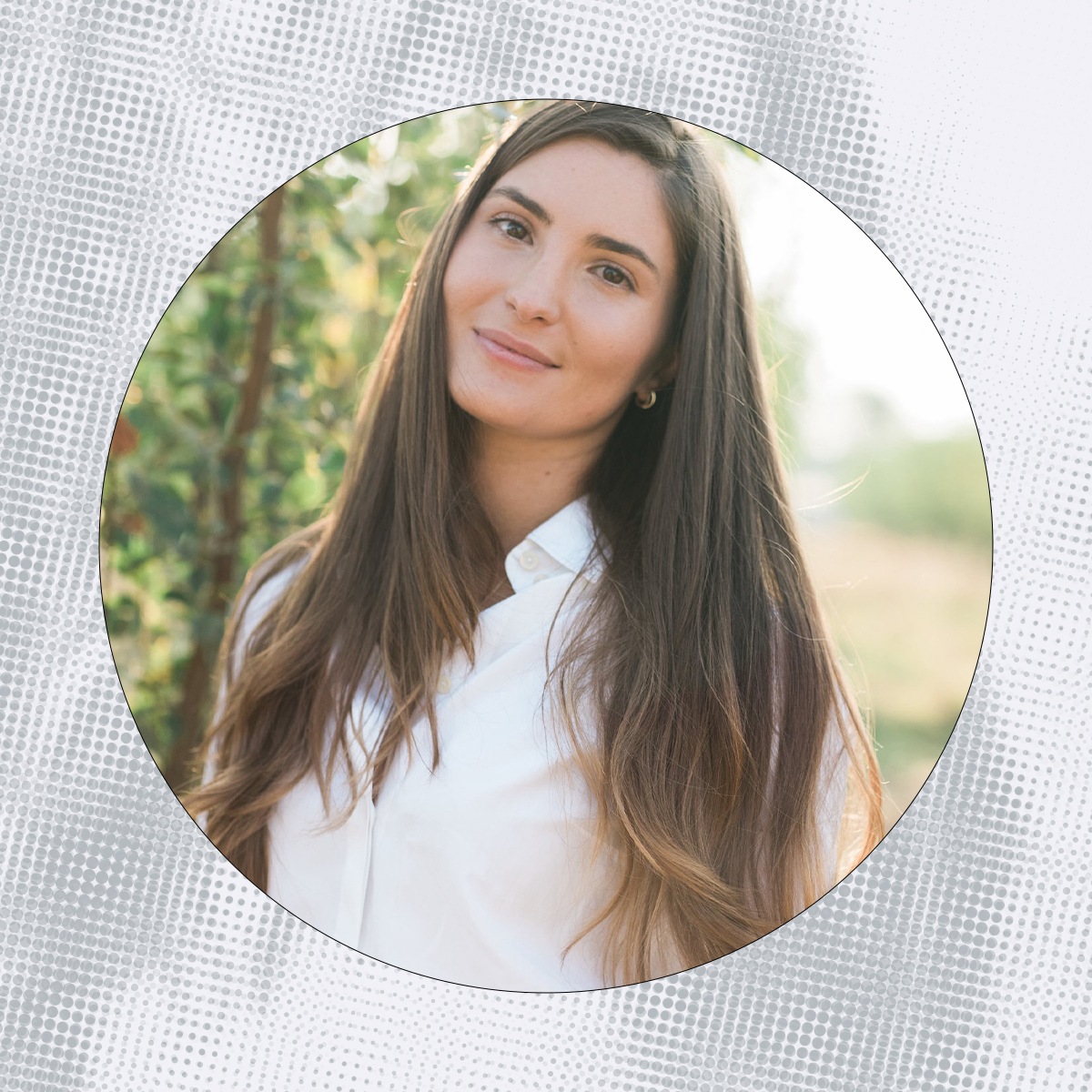 I'm an Organic Beauty Founder—These Are the Products I Swear By for Youthful, Glowing Skin
I'm an Organic Beauty Founder—These Are the Products I Swear By for Youthful, Glowing SkinFrom the oil that's reached cult status to the internet's favorite vitamin C serum.
By Shawna Hudson
-
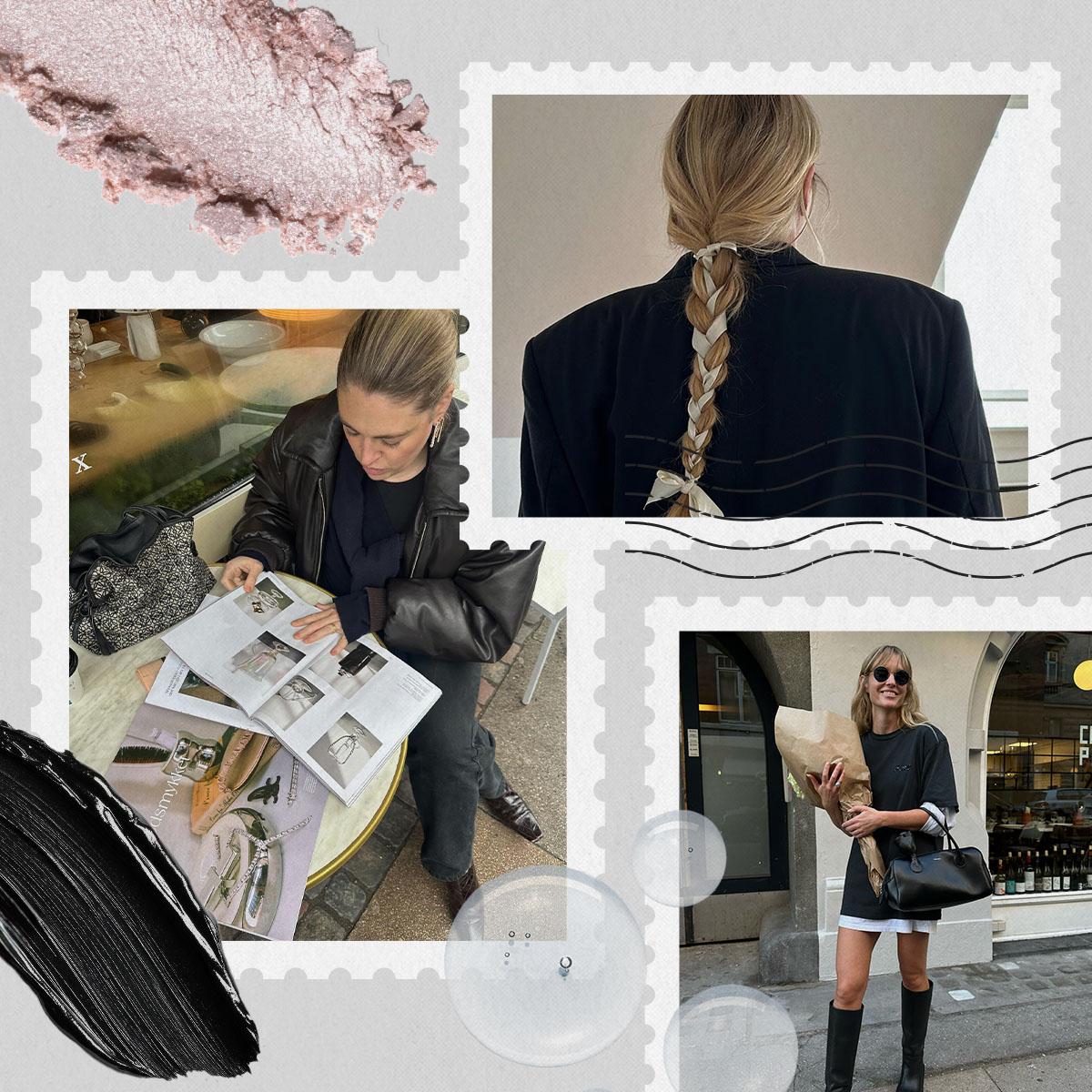 Copenhagen Is the Ultimate Less-Is-More Beauty Destination—2 Fashion It Girls Share Their Insider Recs
Copenhagen Is the Ultimate Less-Is-More Beauty Destination—2 Fashion It Girls Share Their Insider RecsSimple, chic, and effective.
By Kaitlyn McLintock
